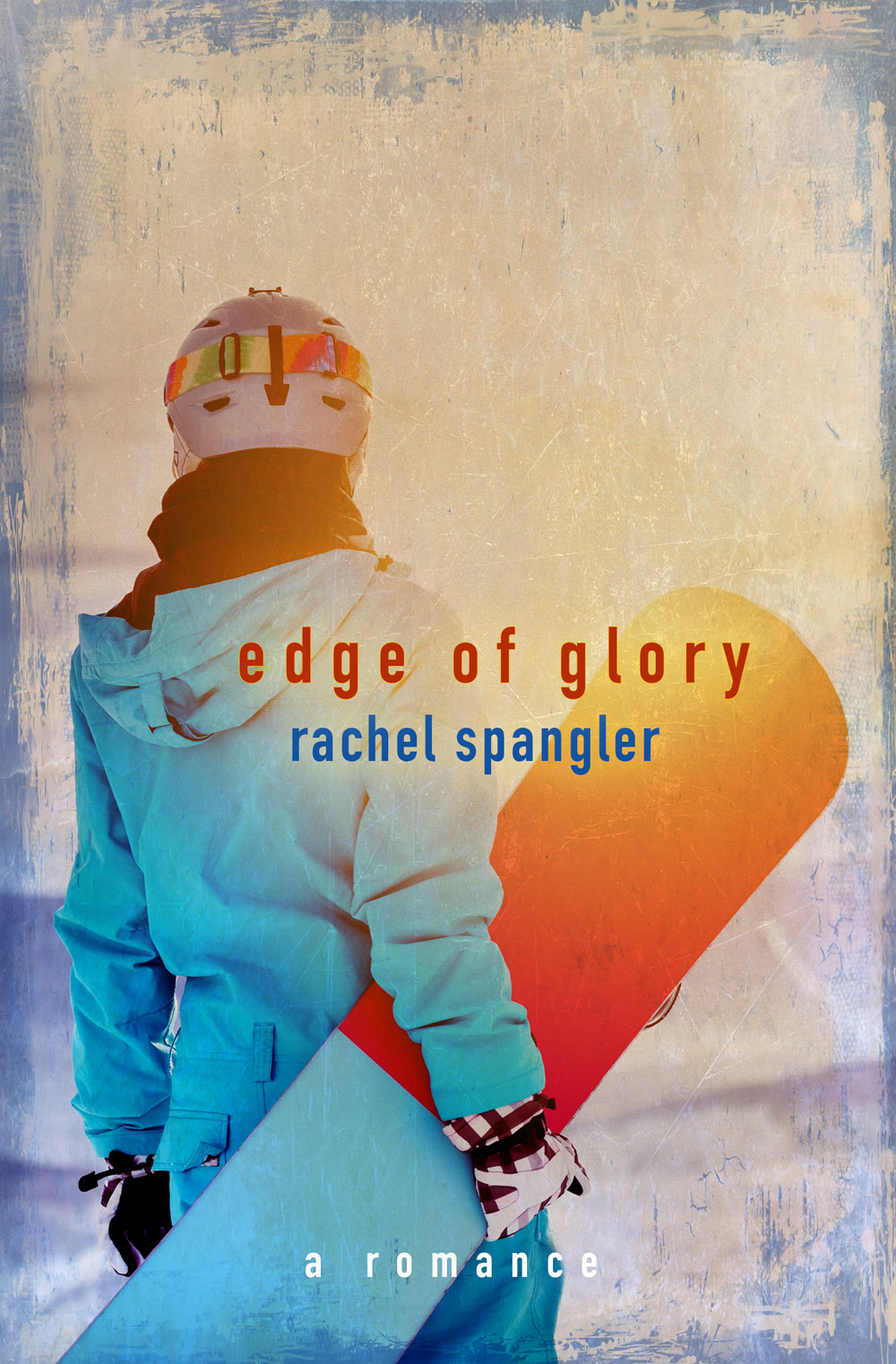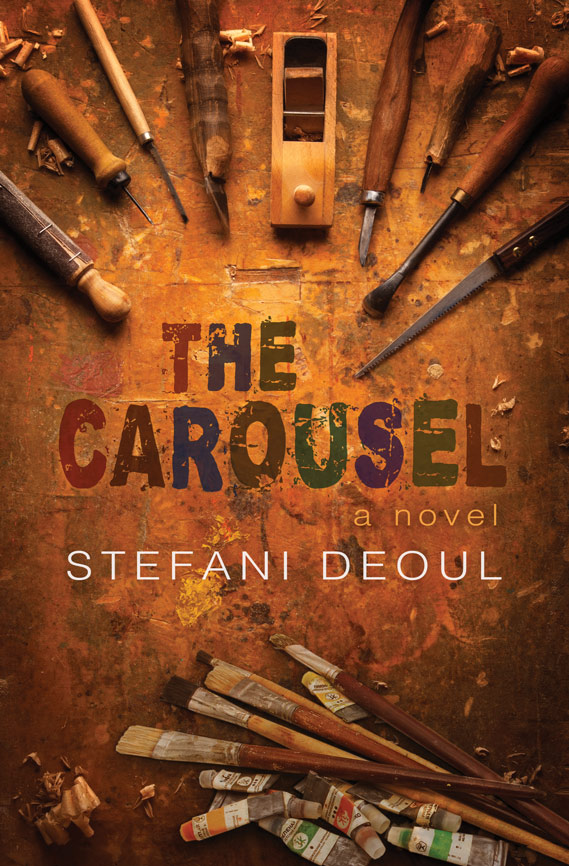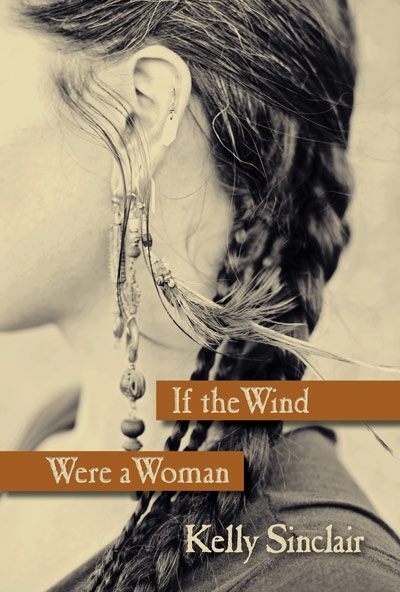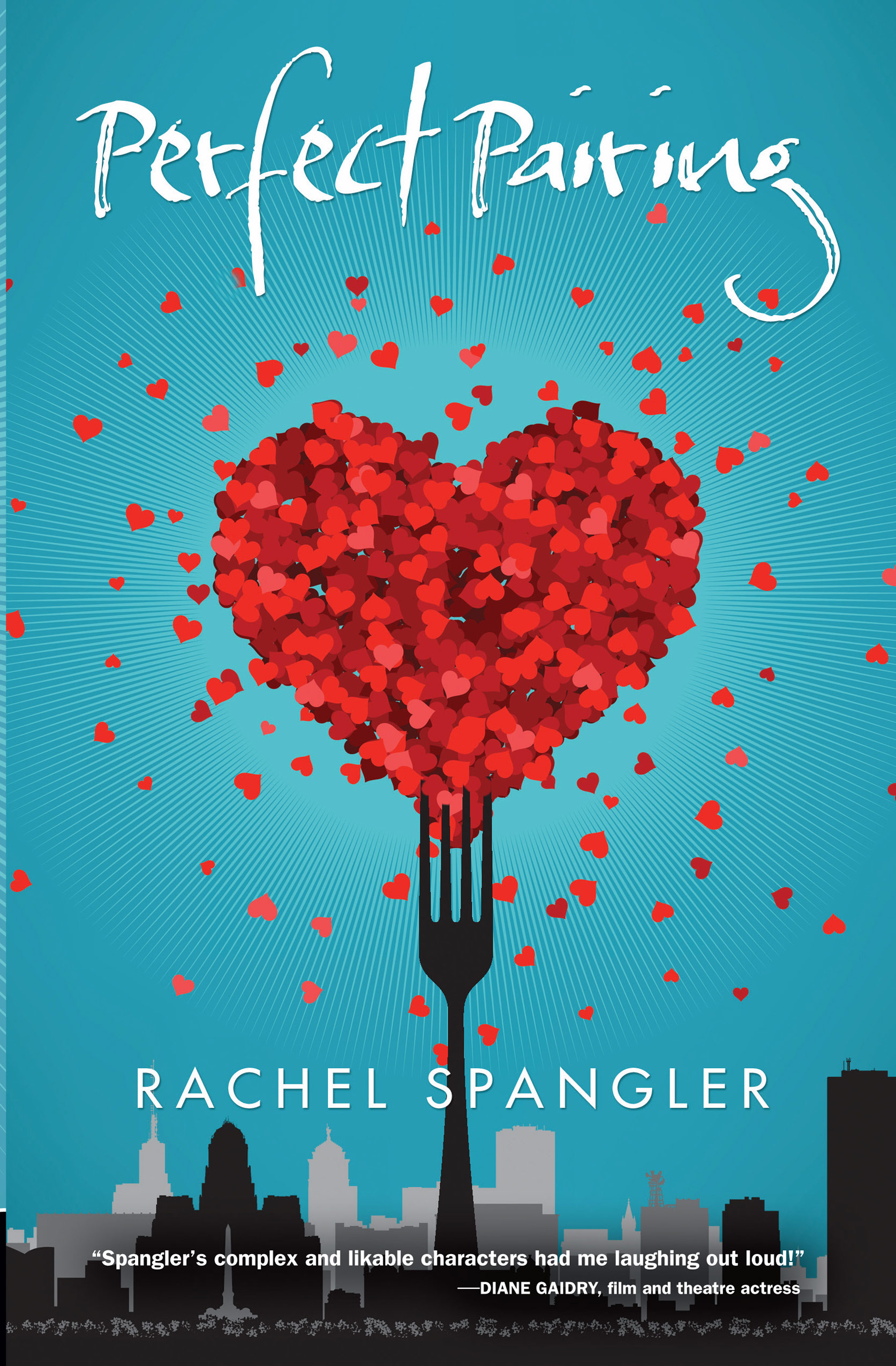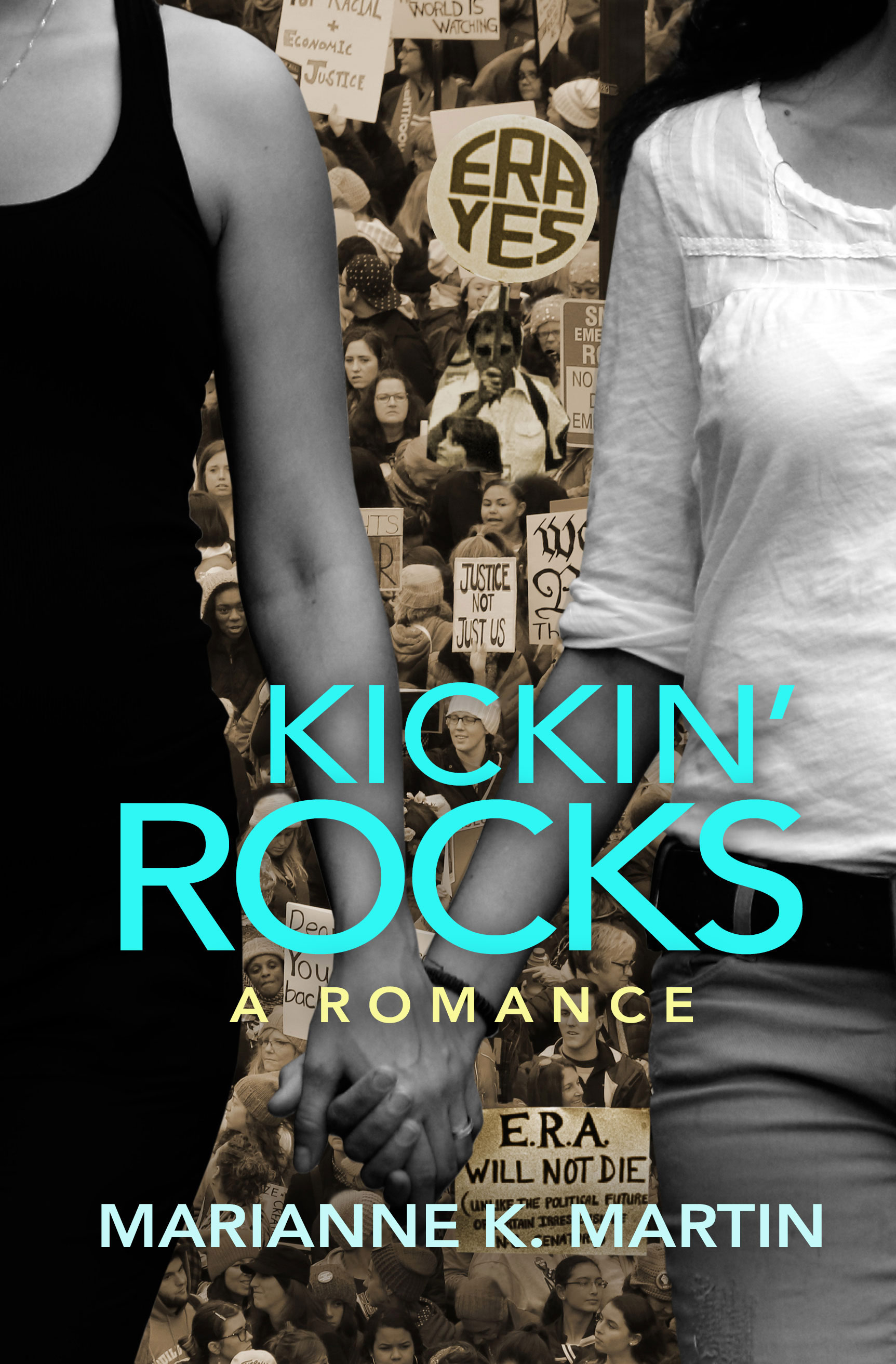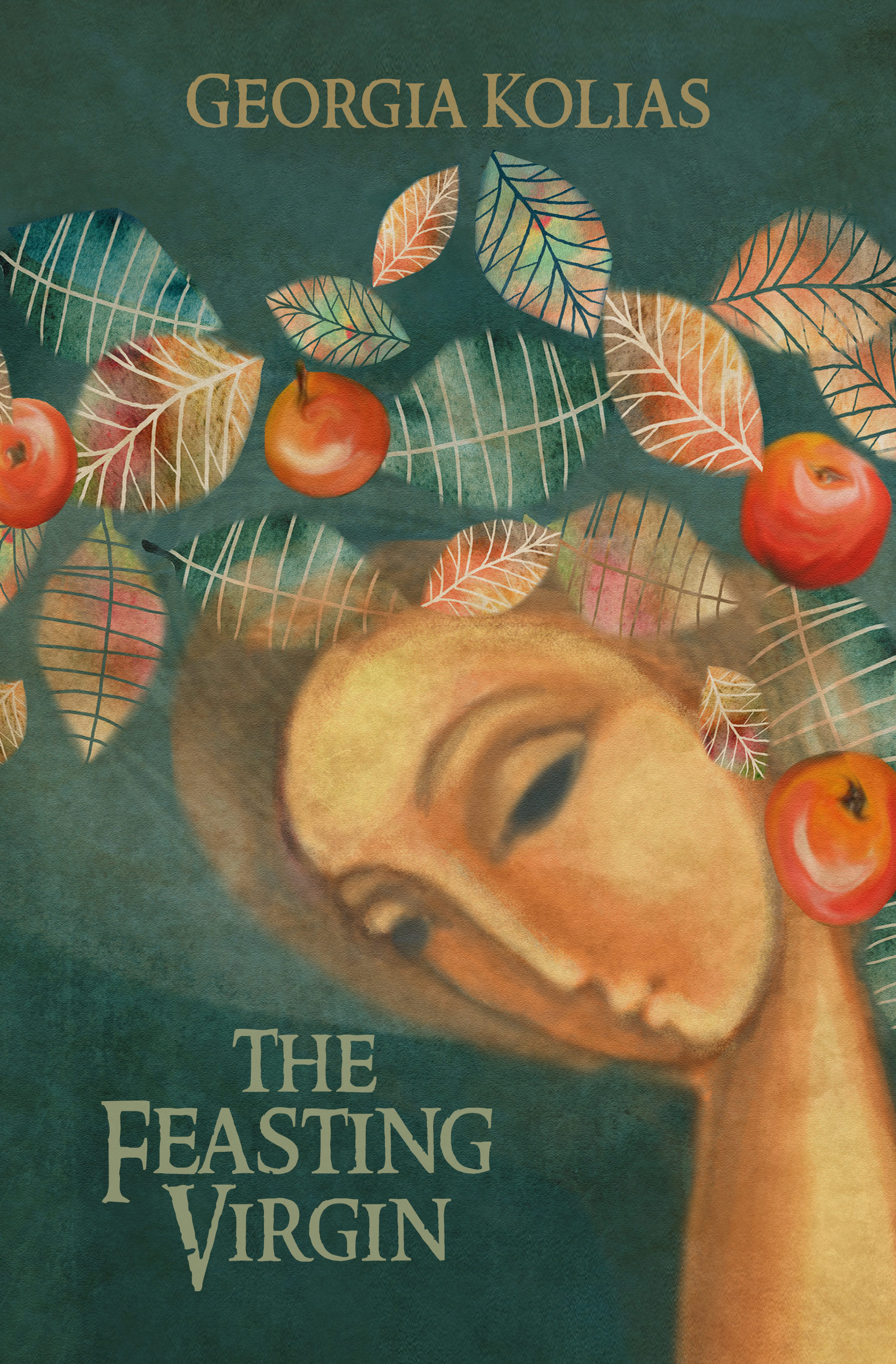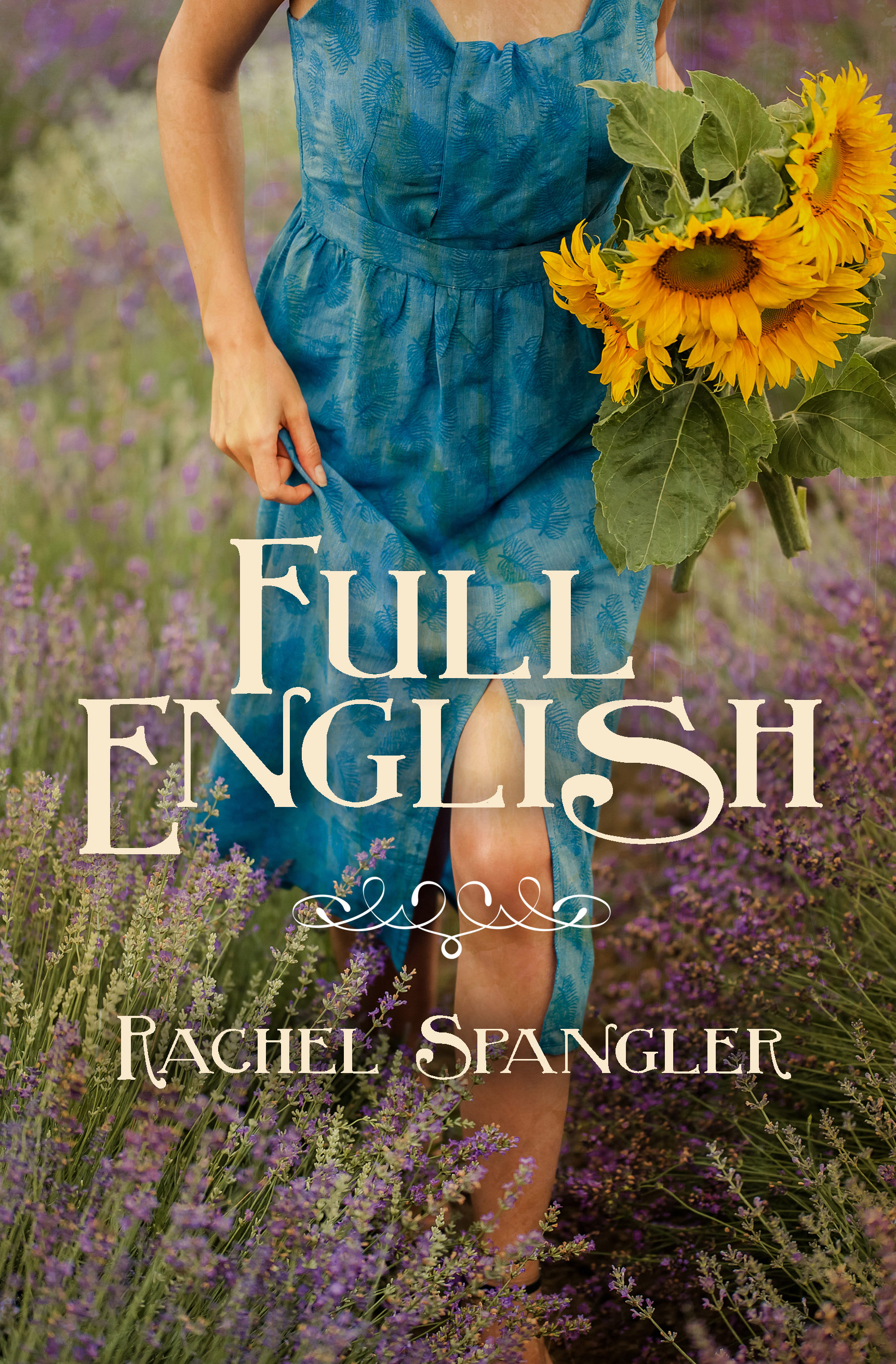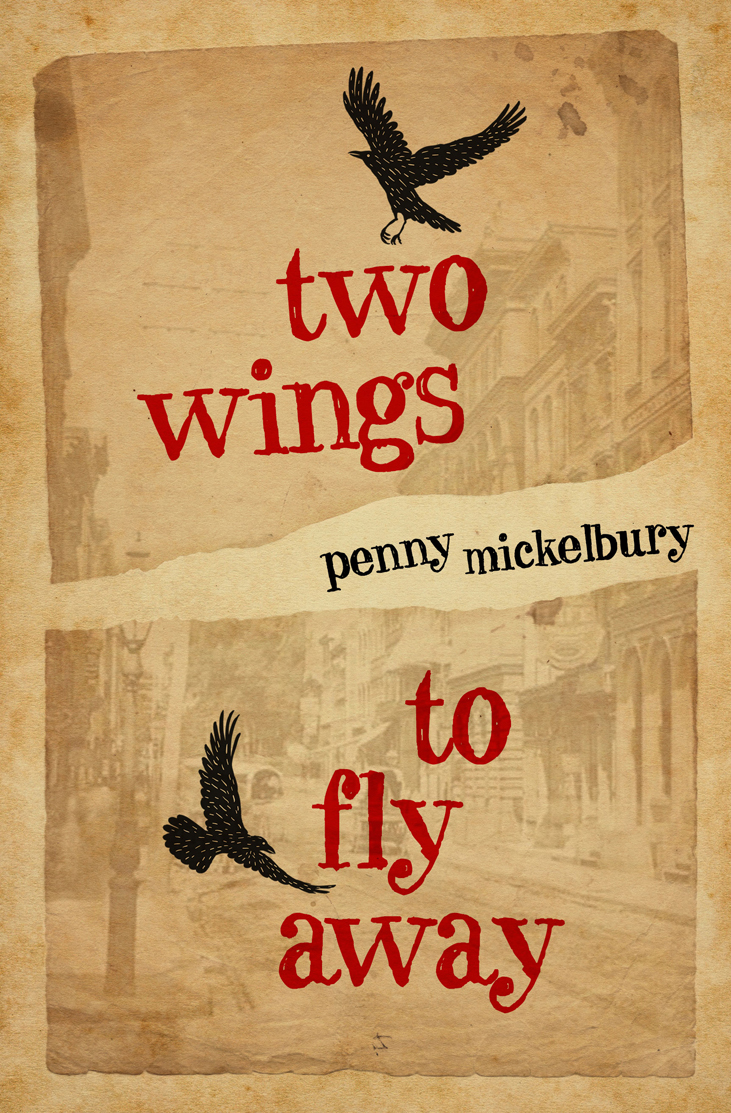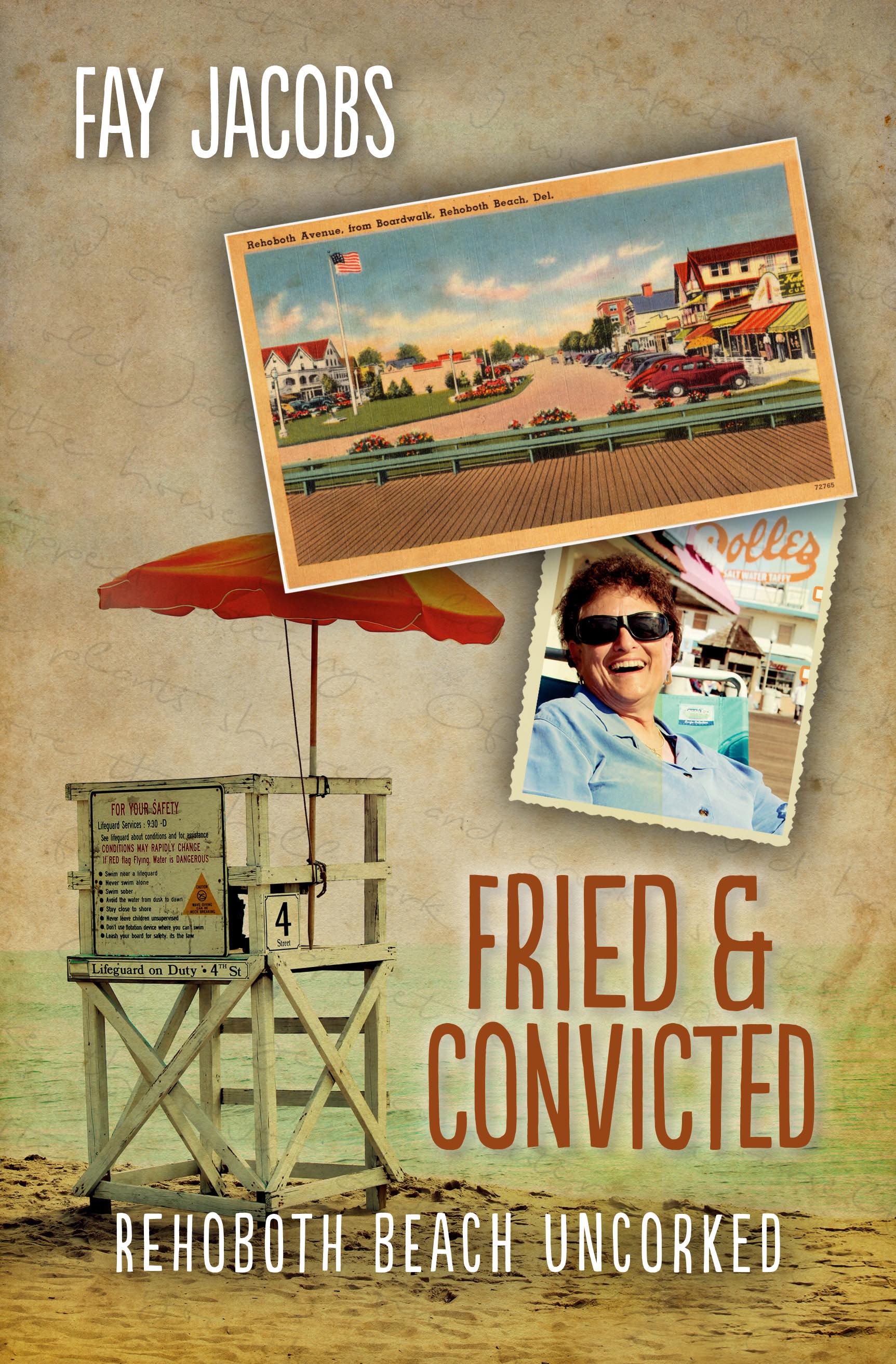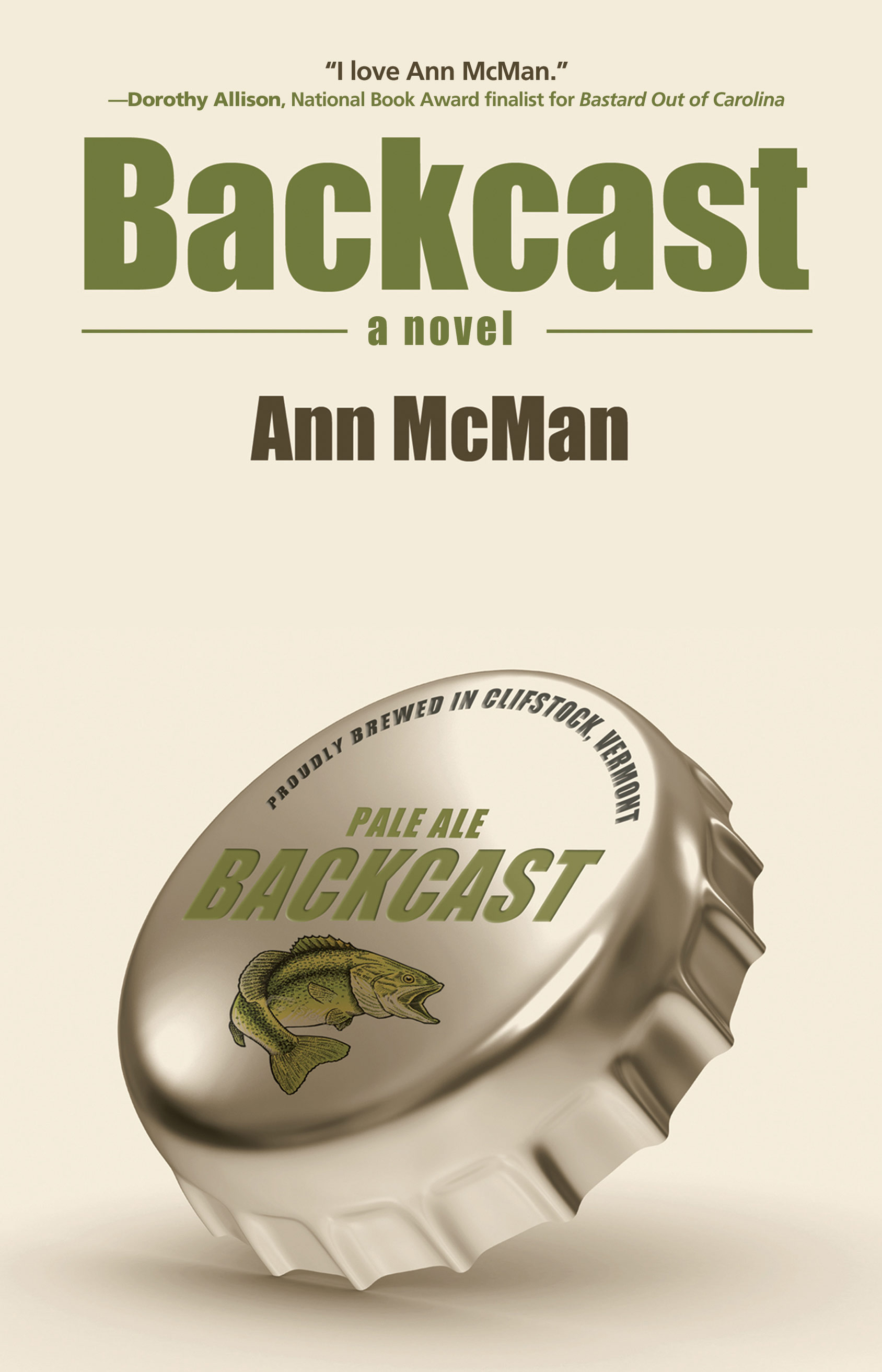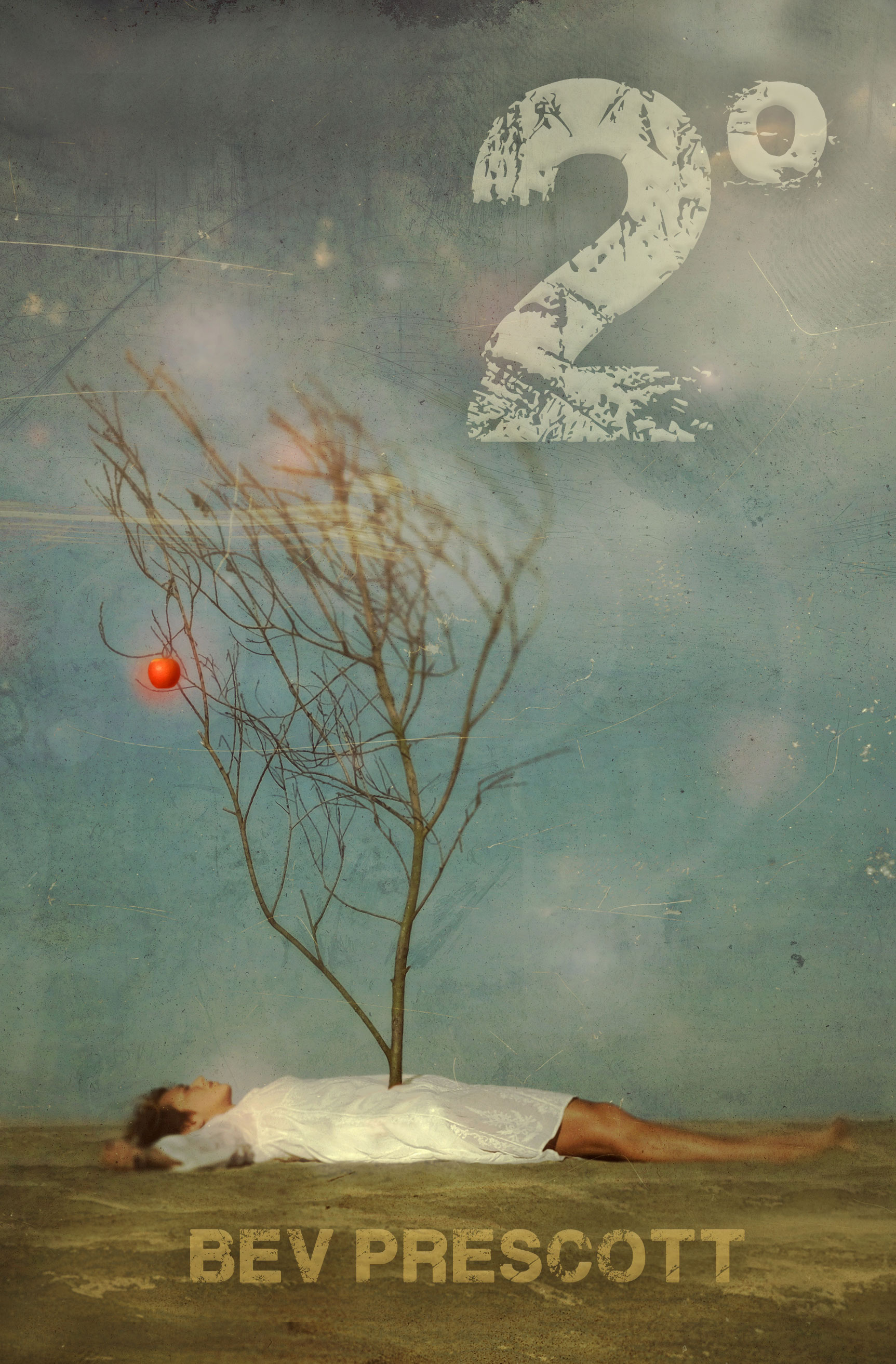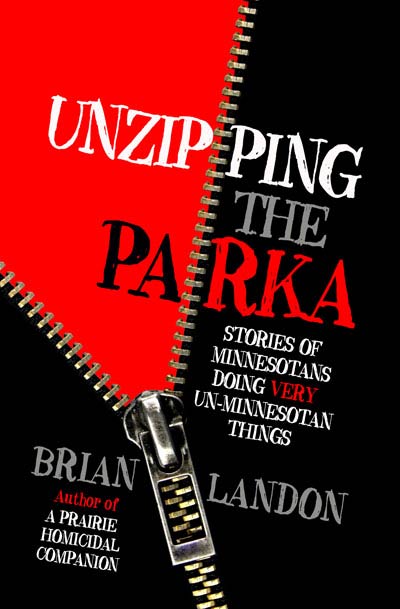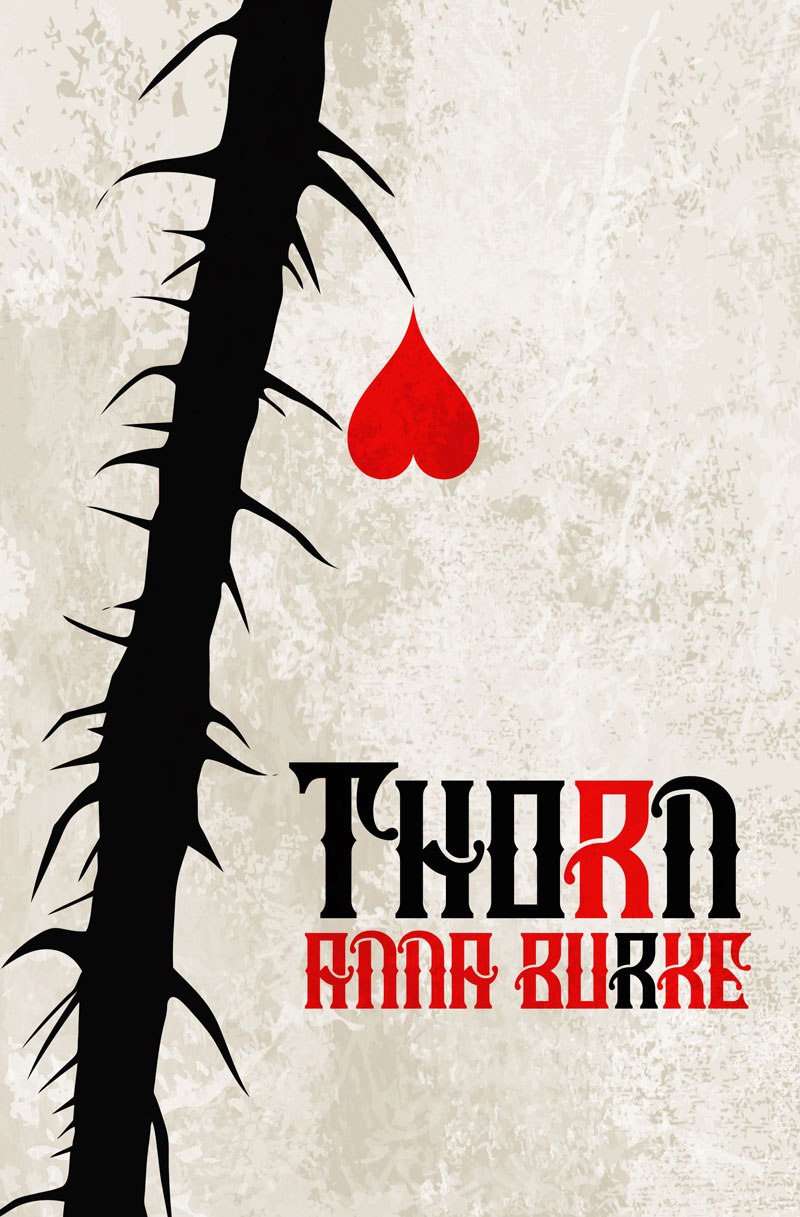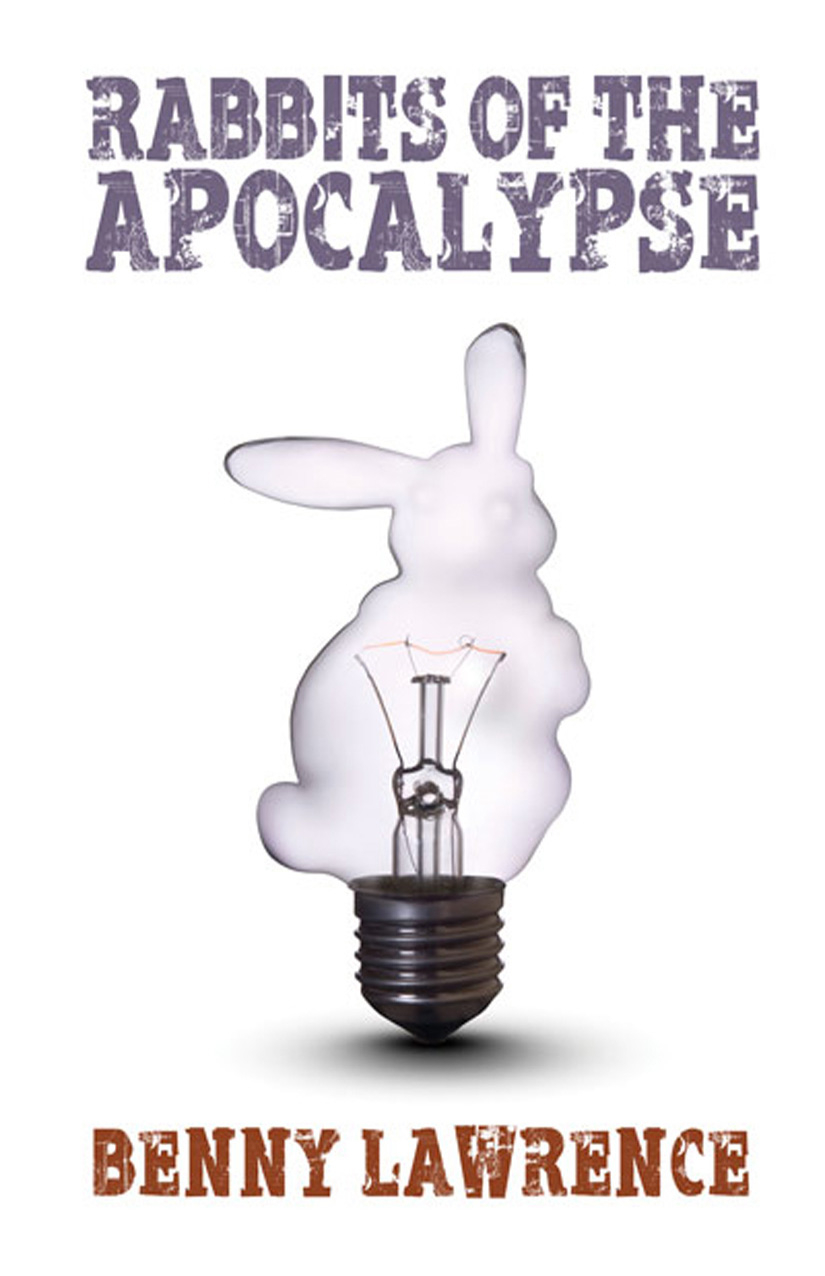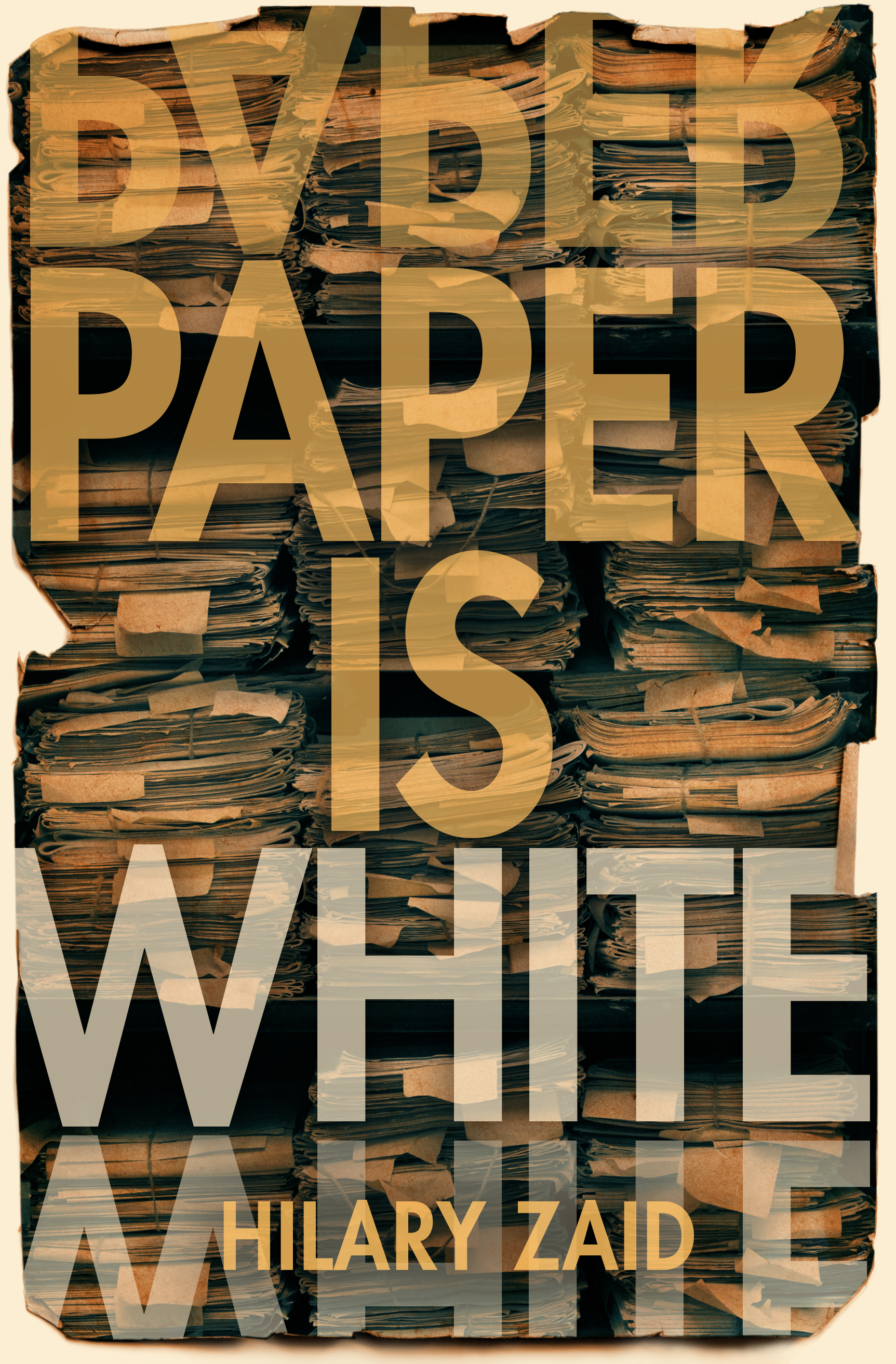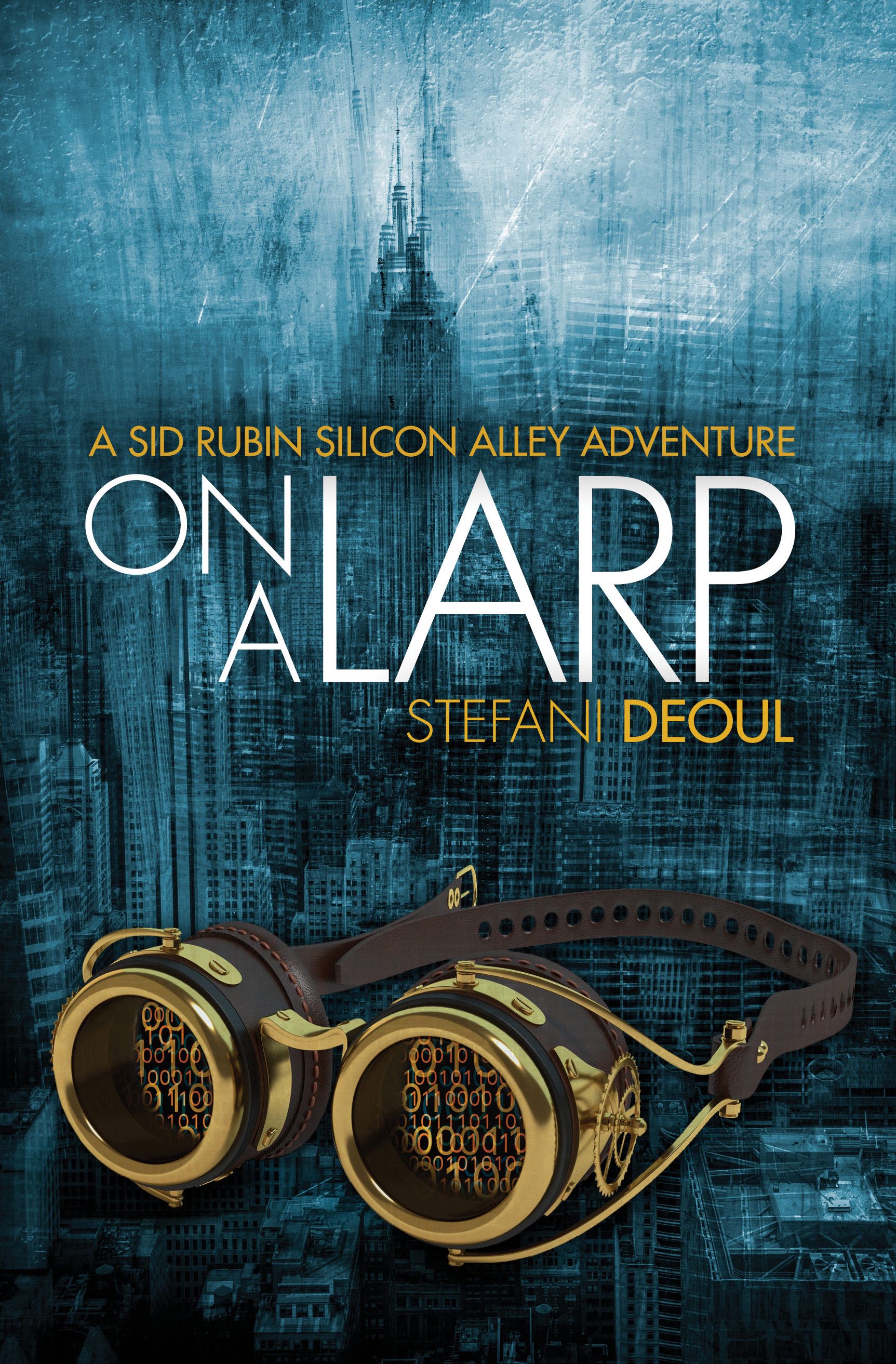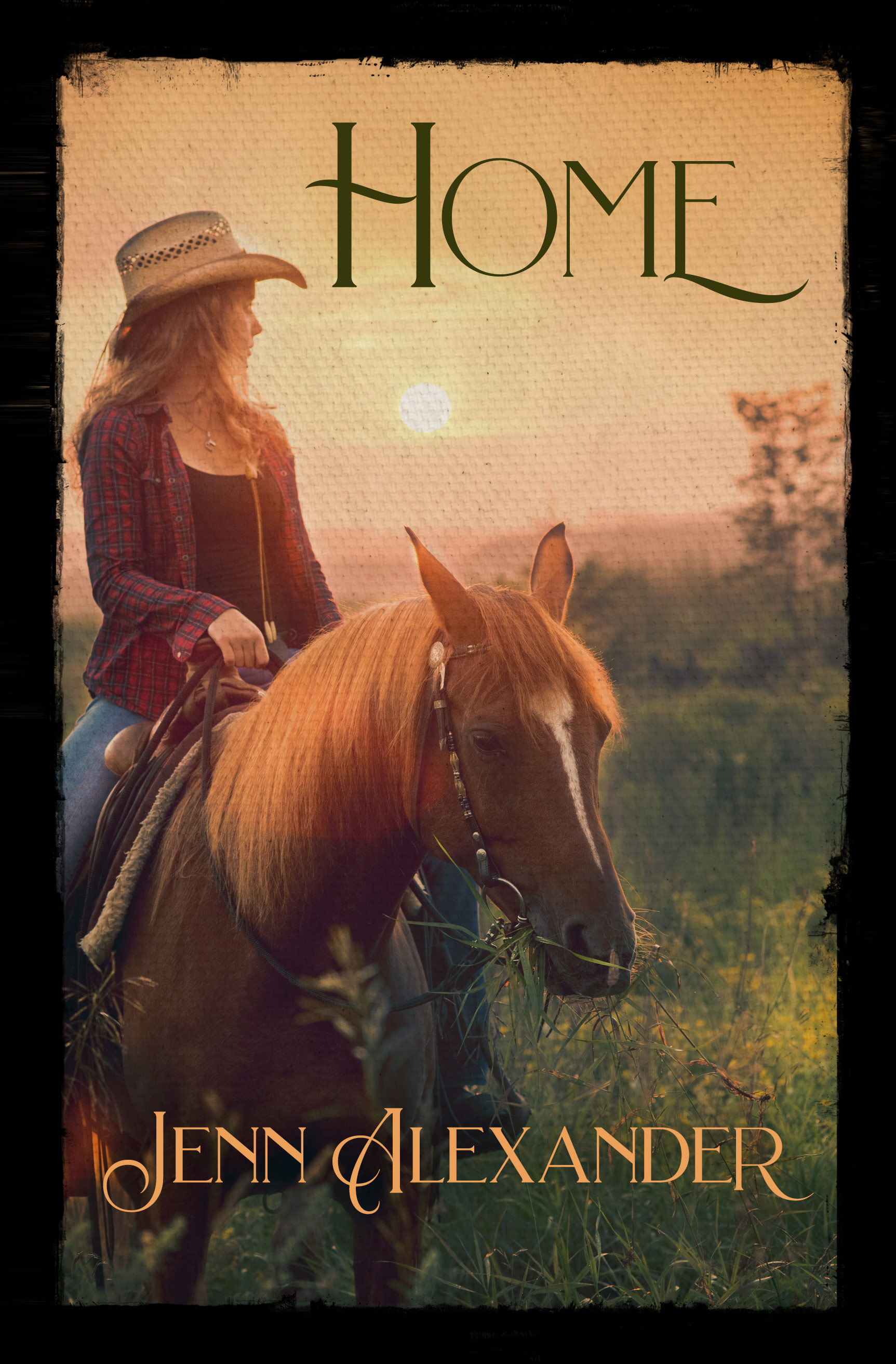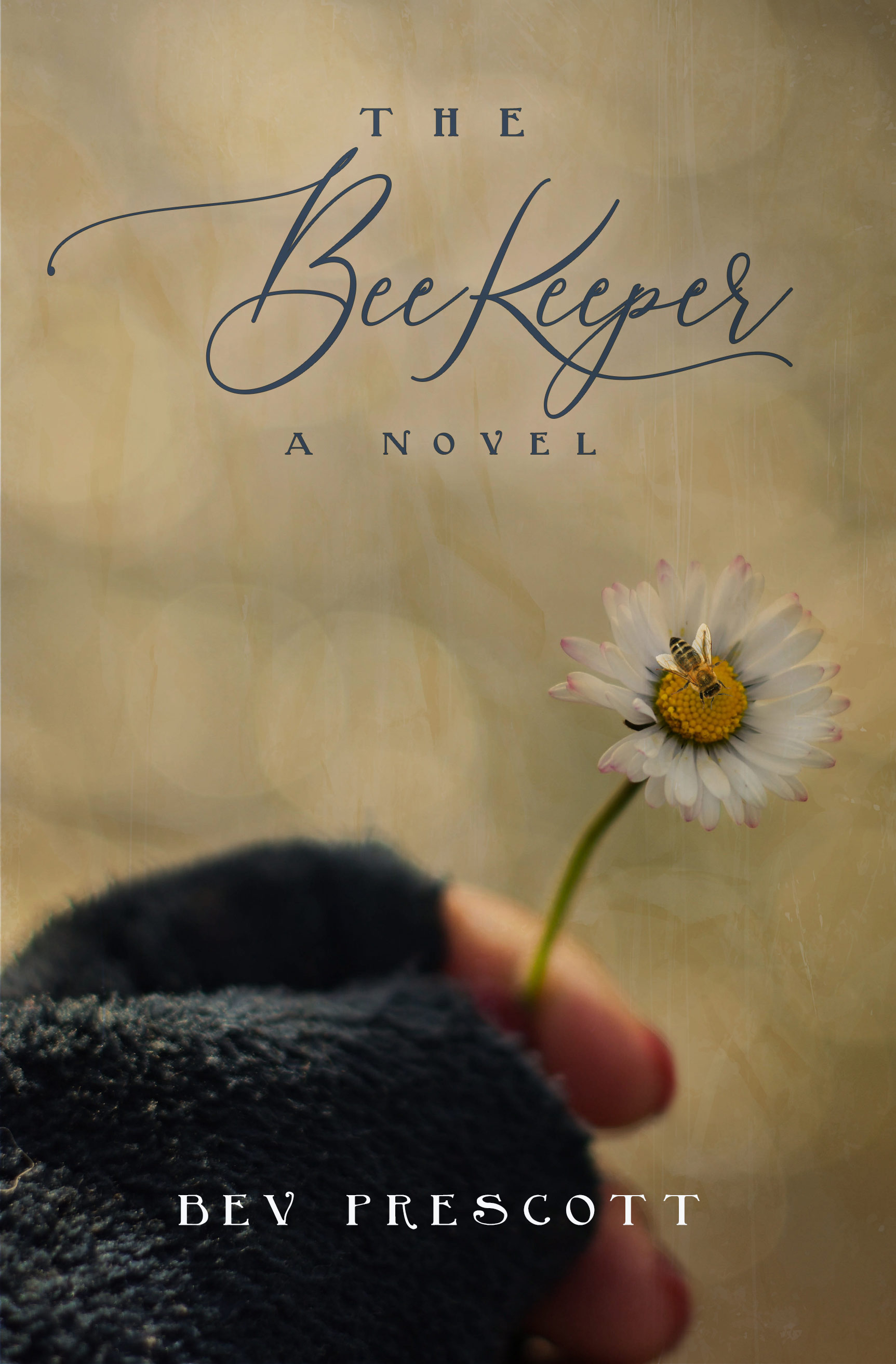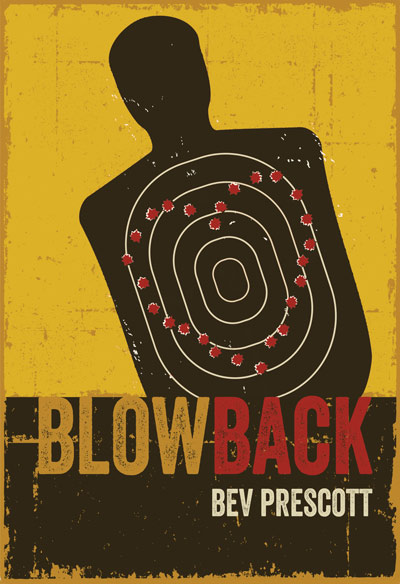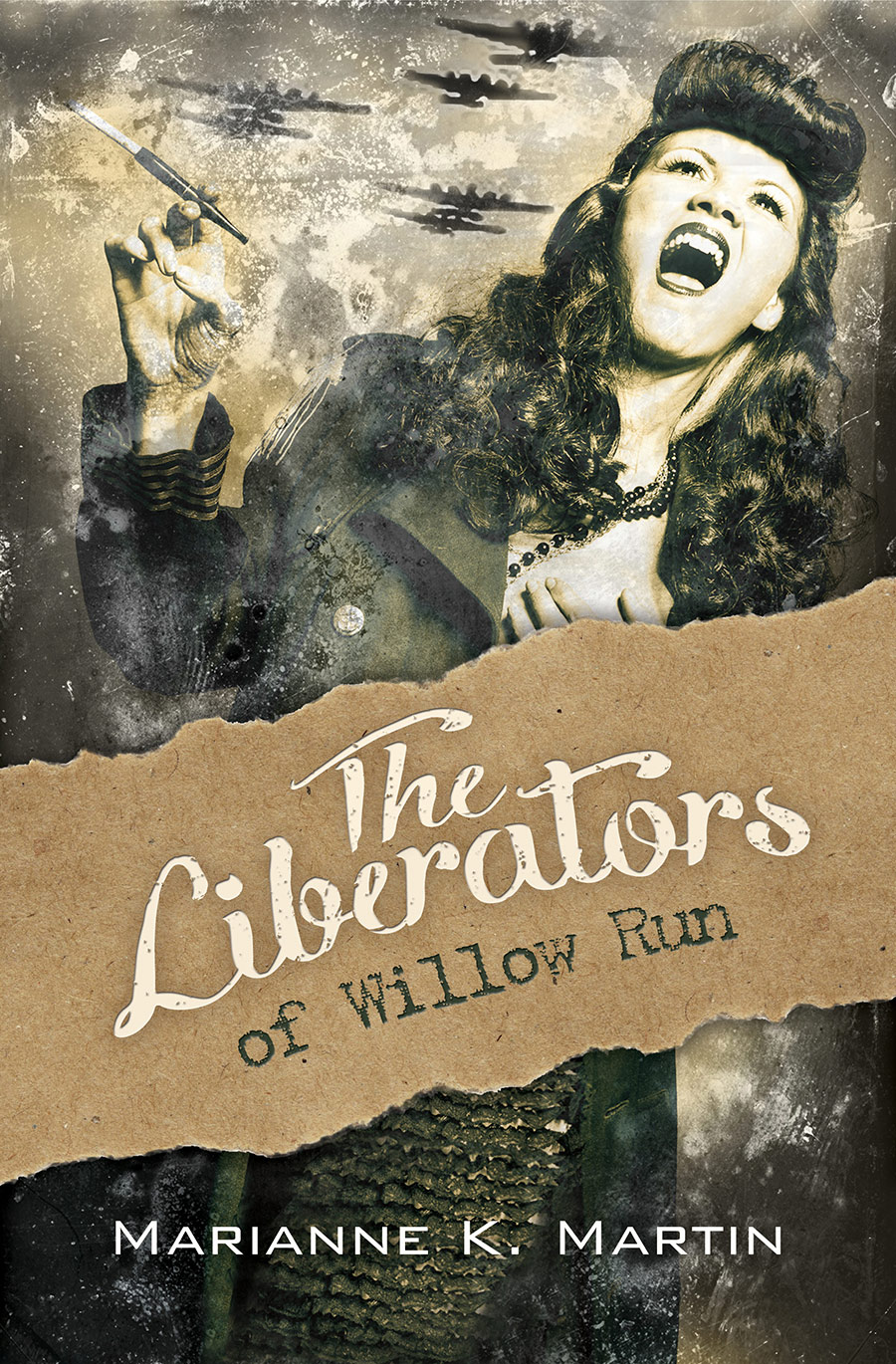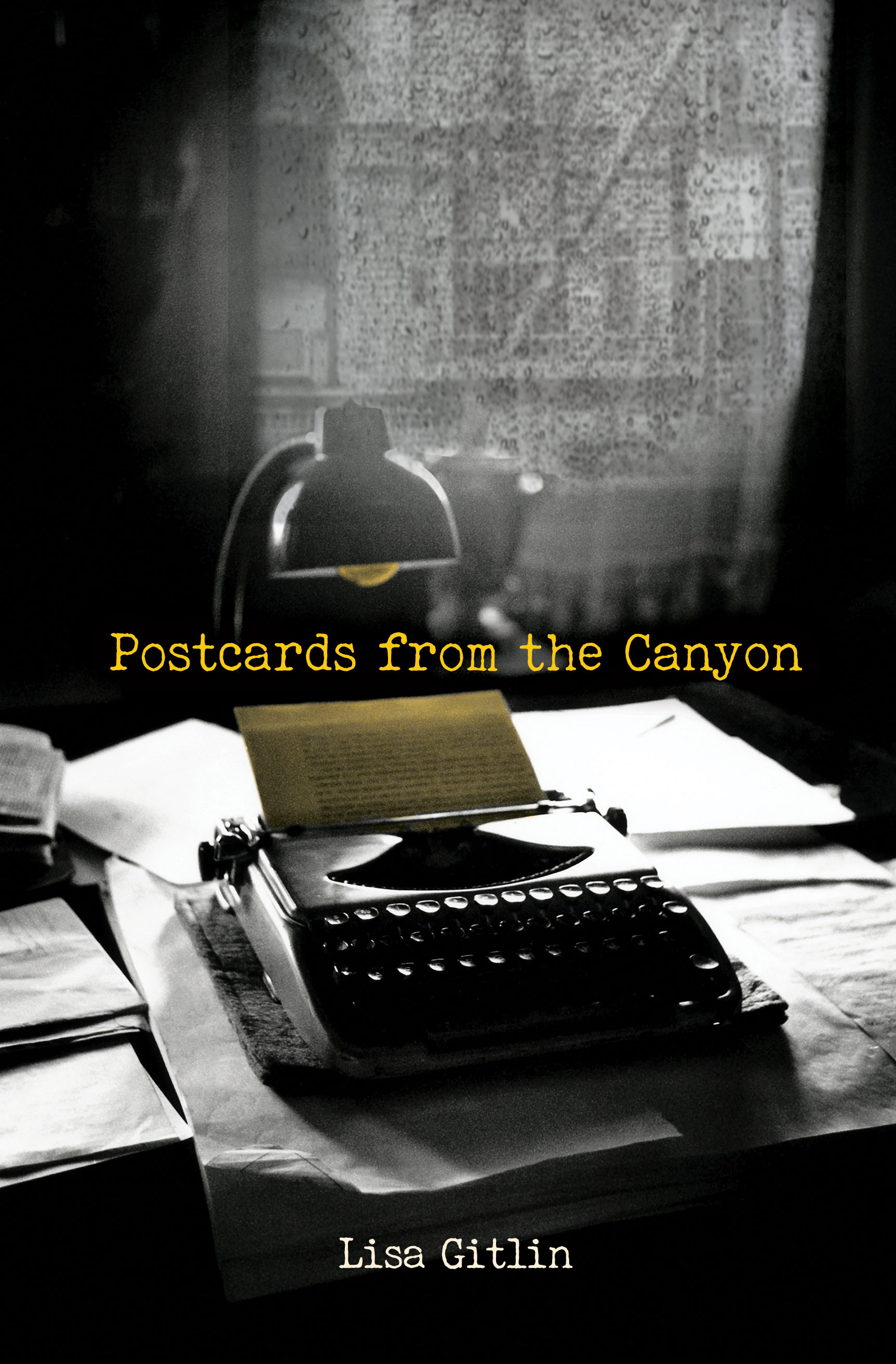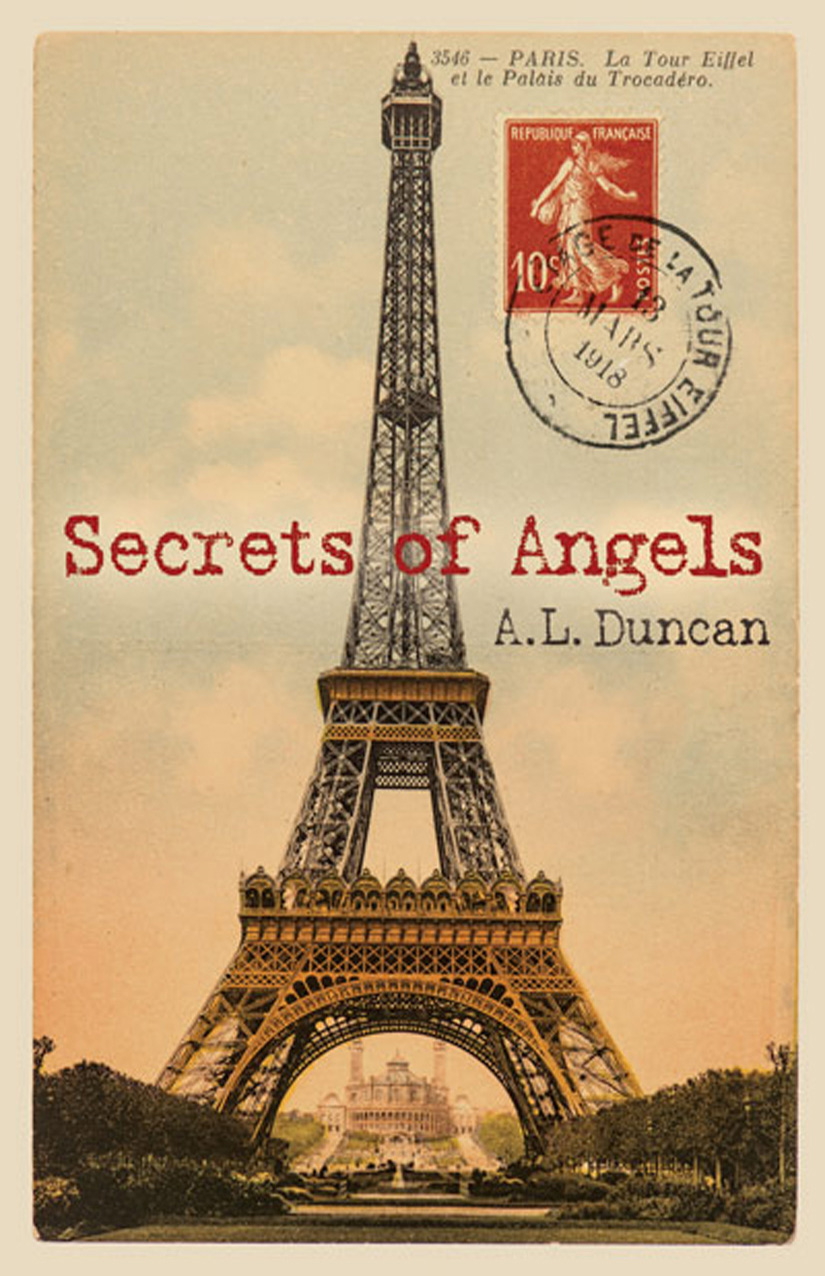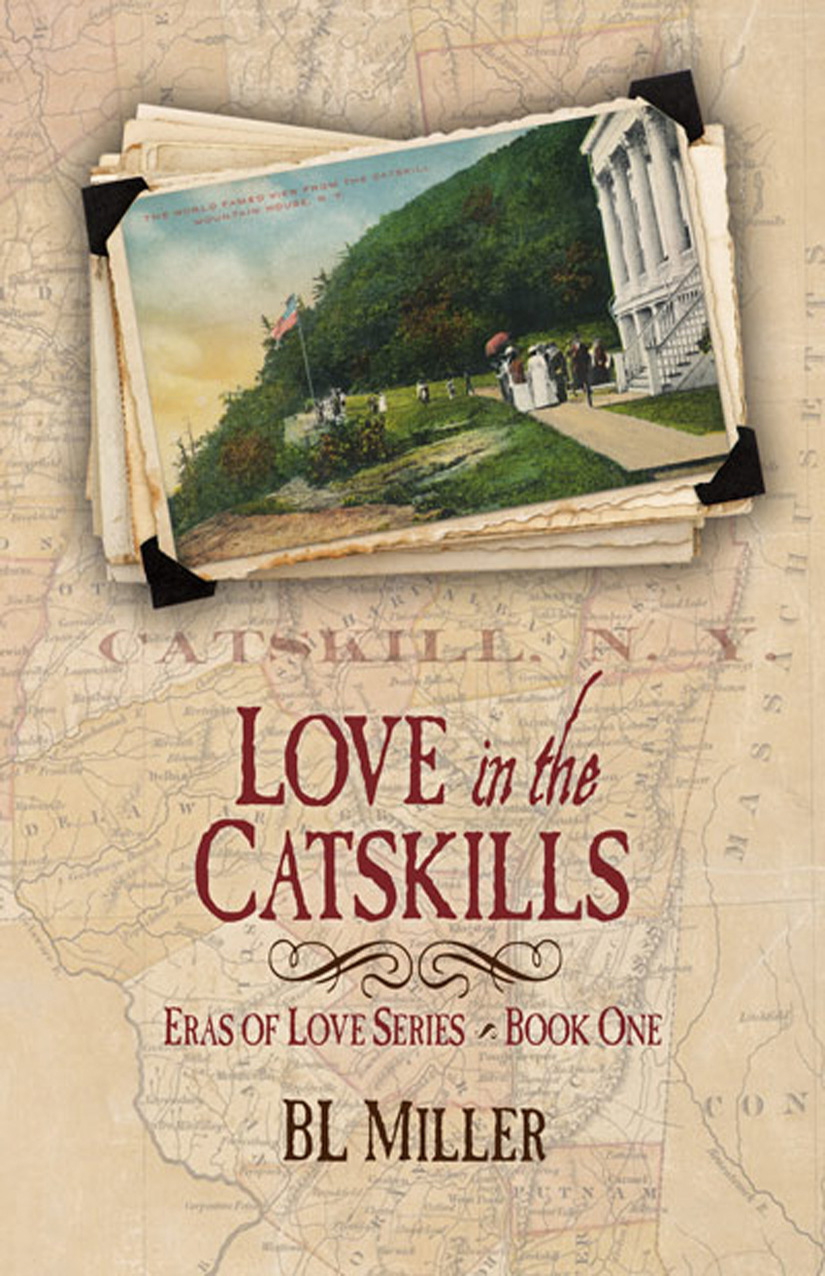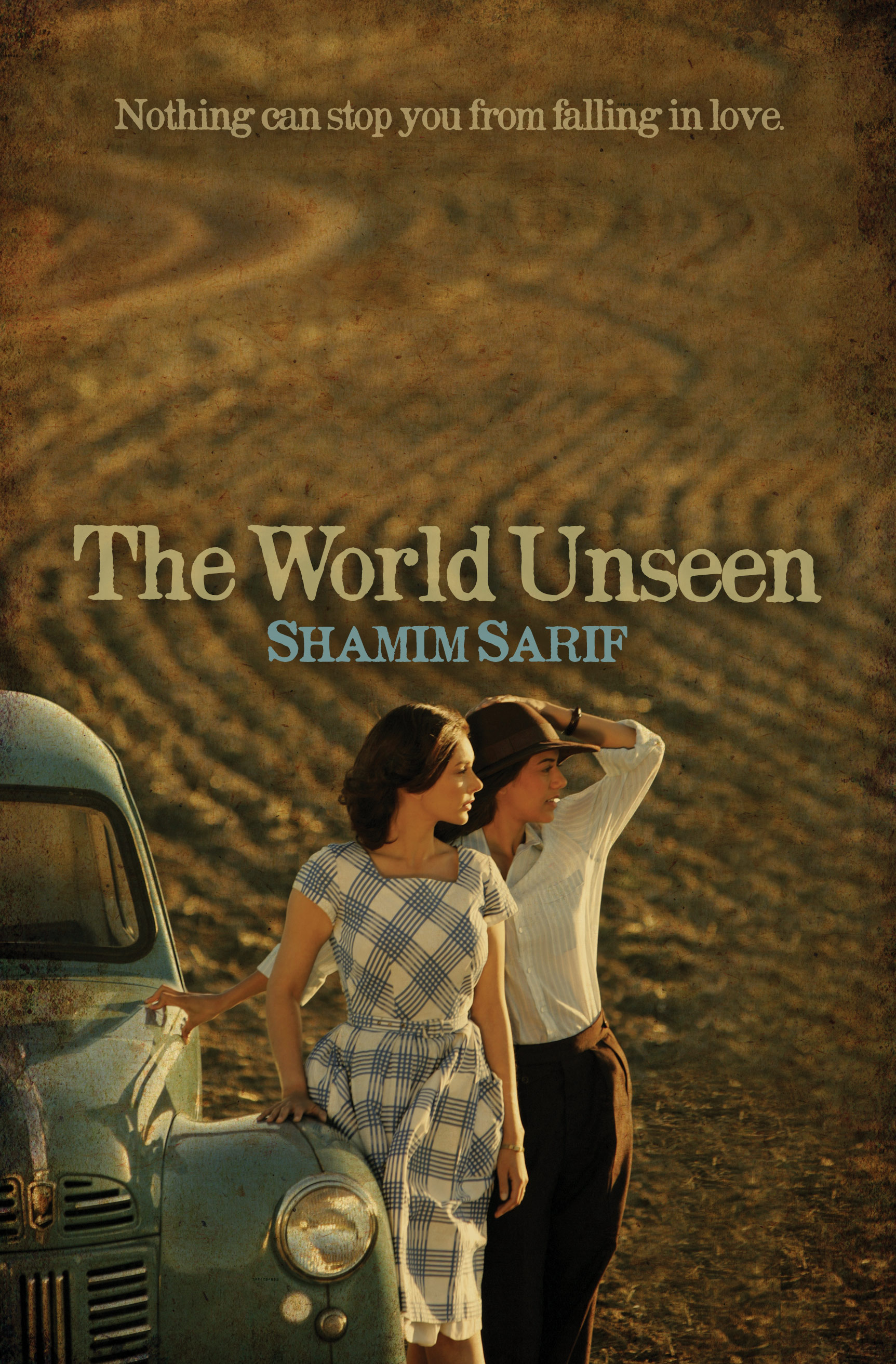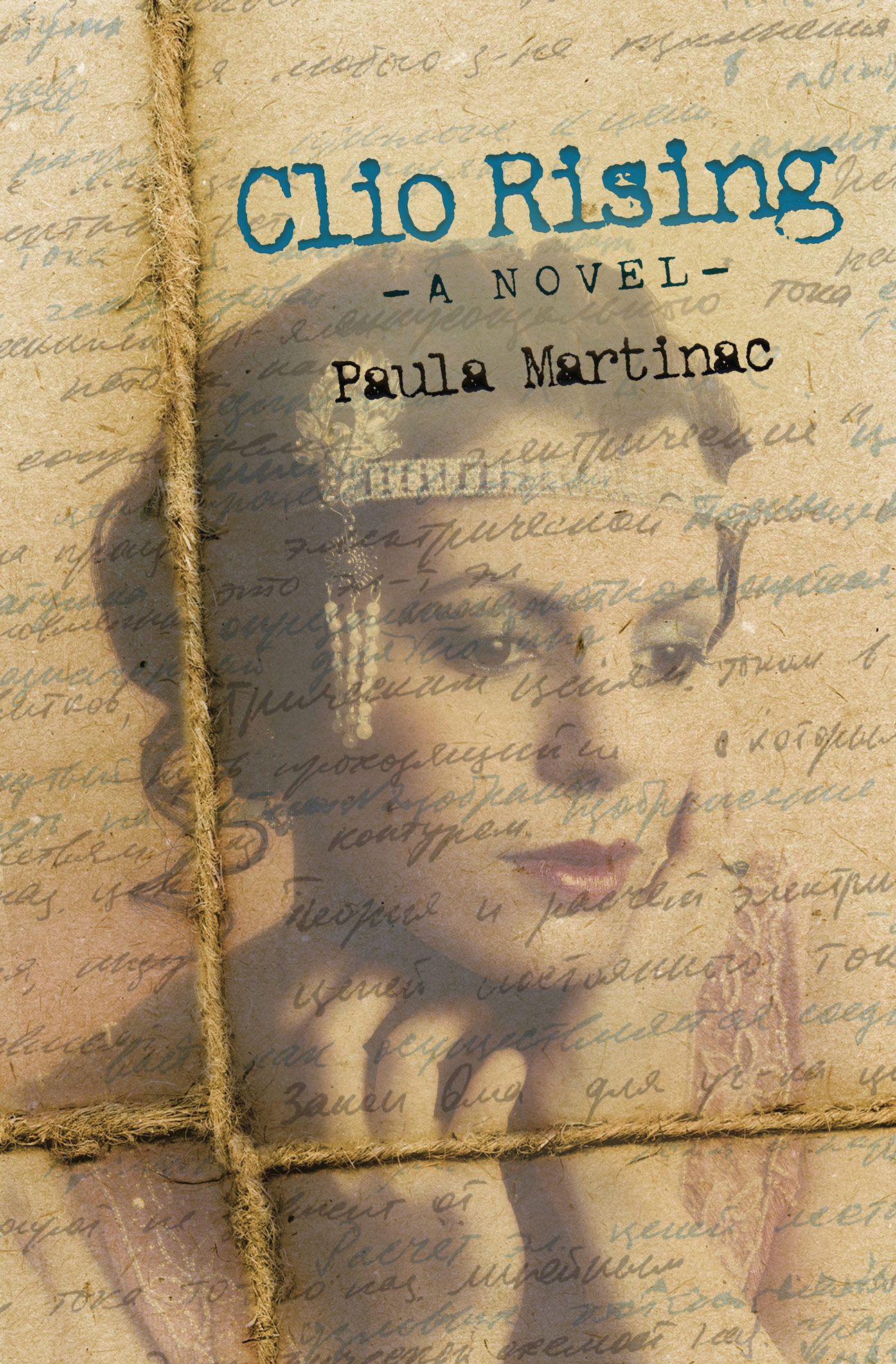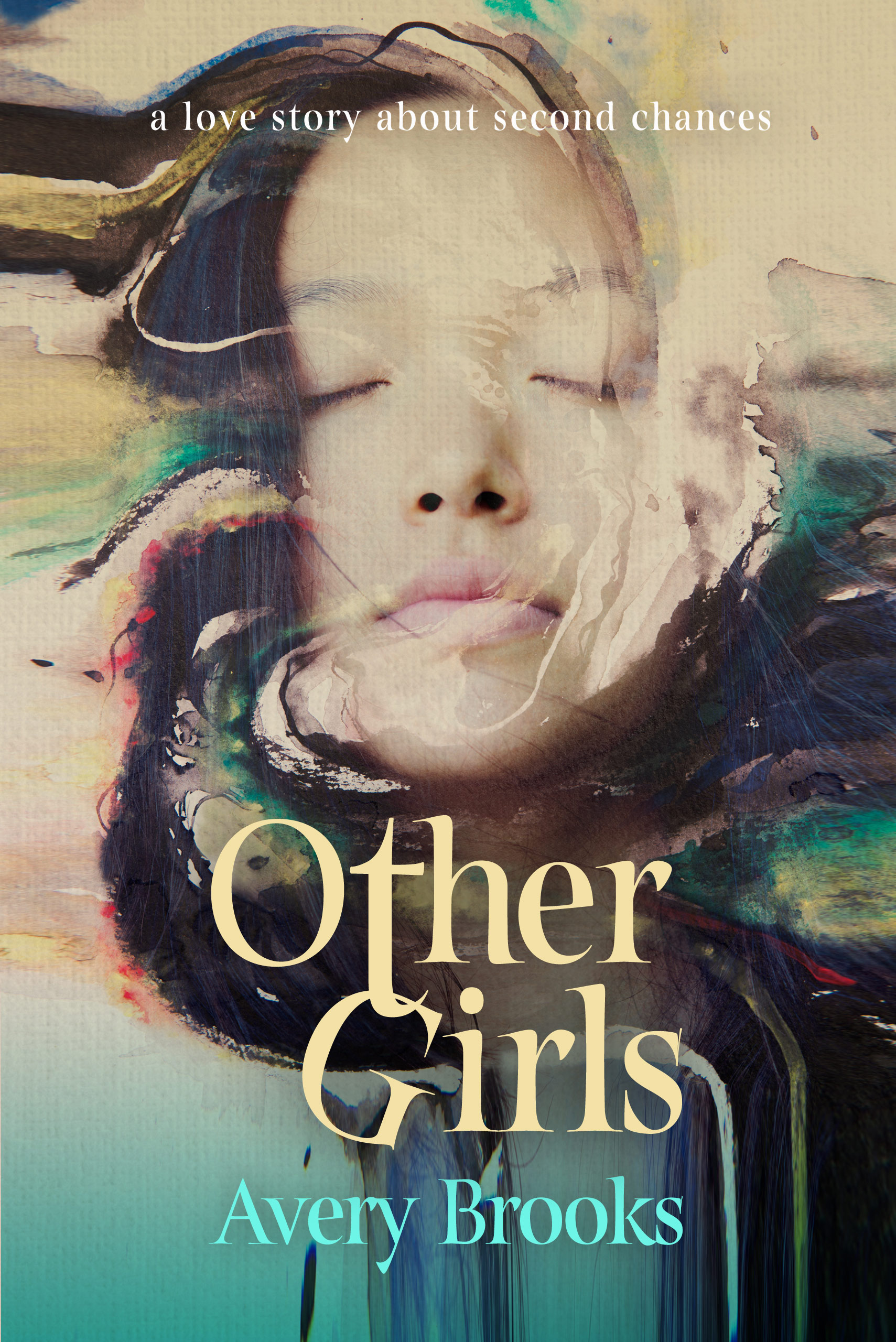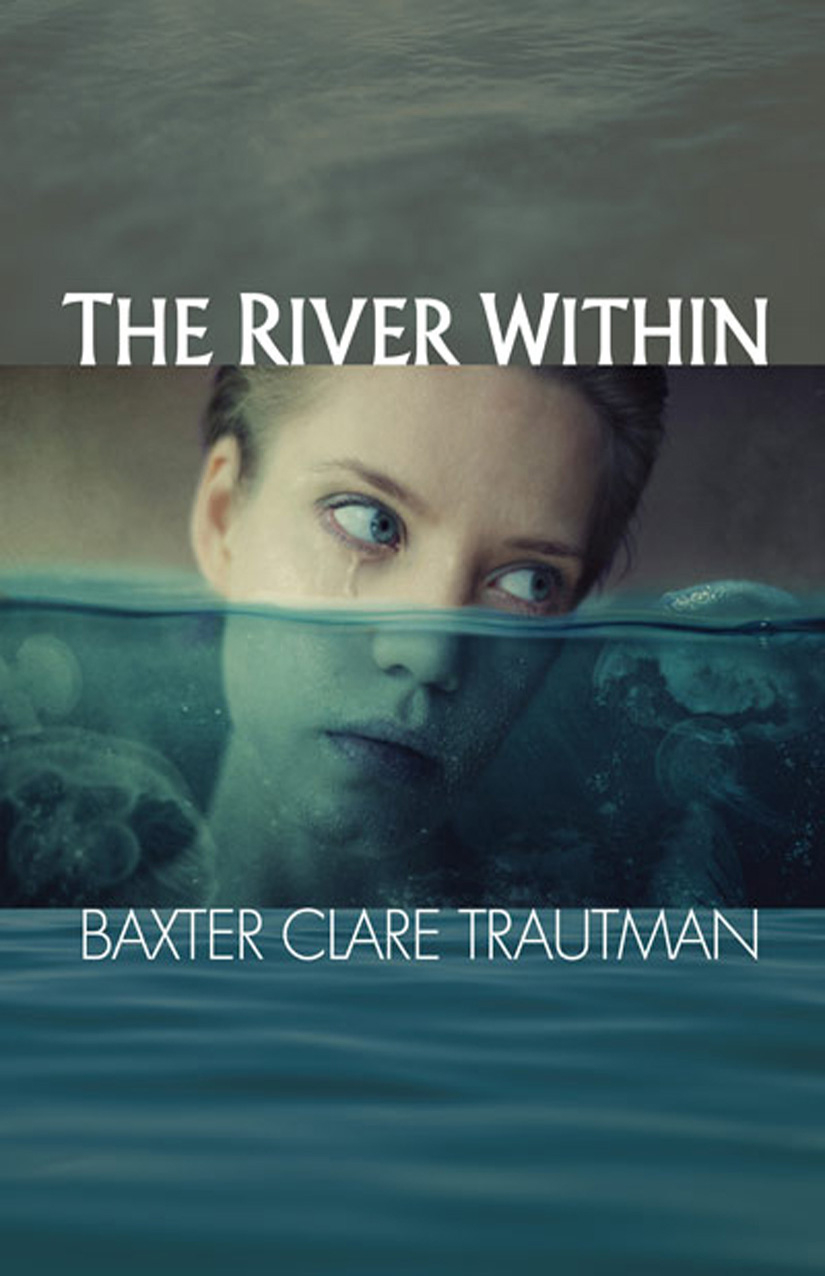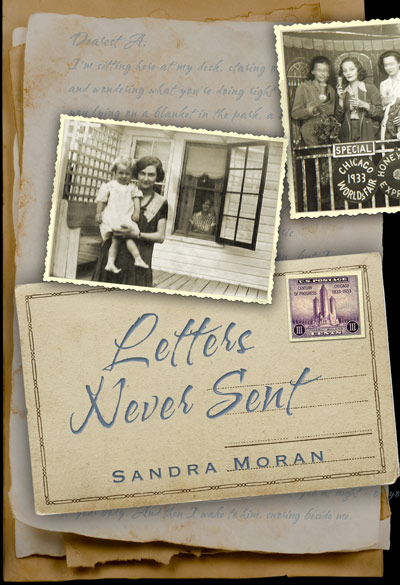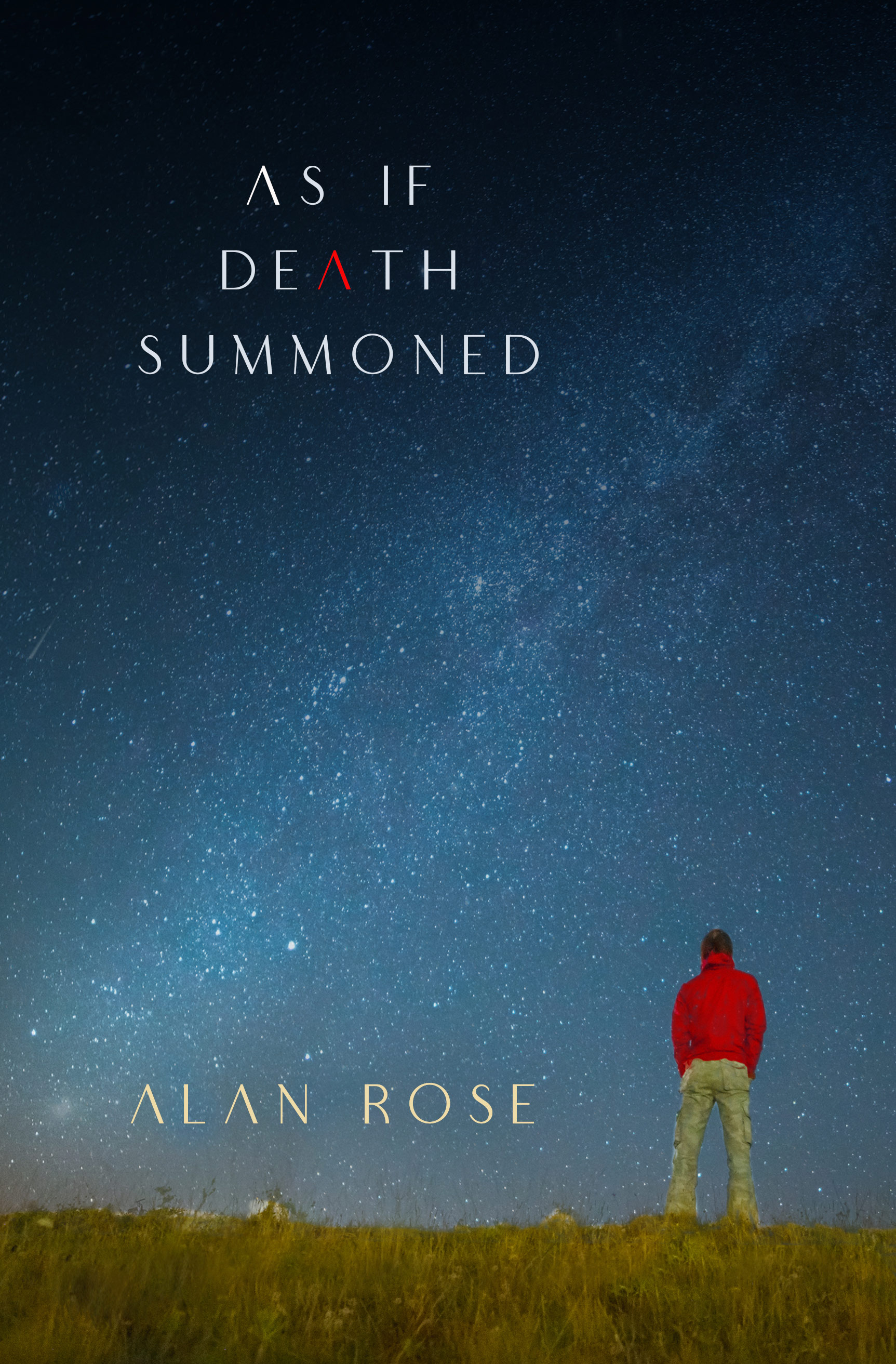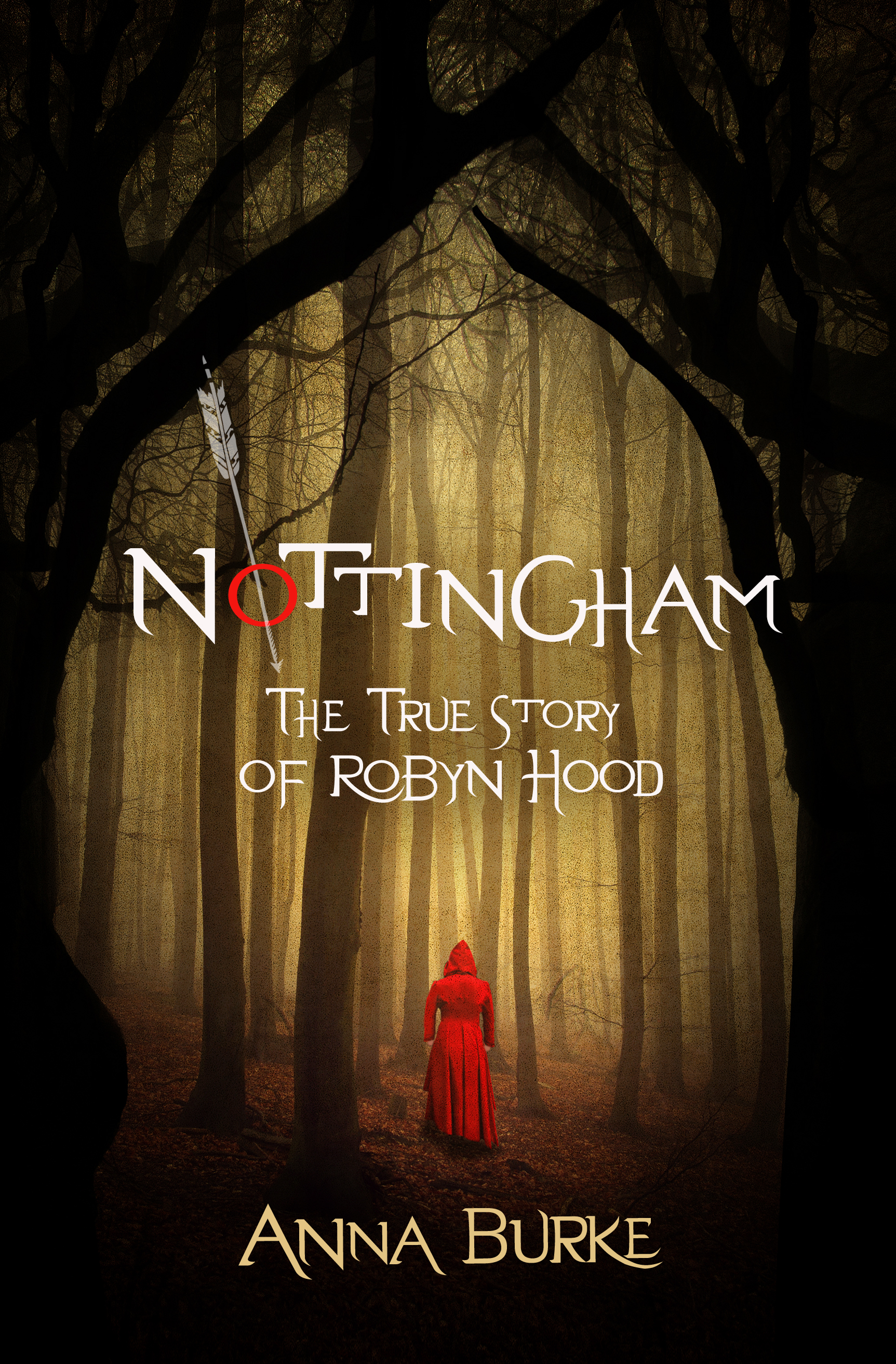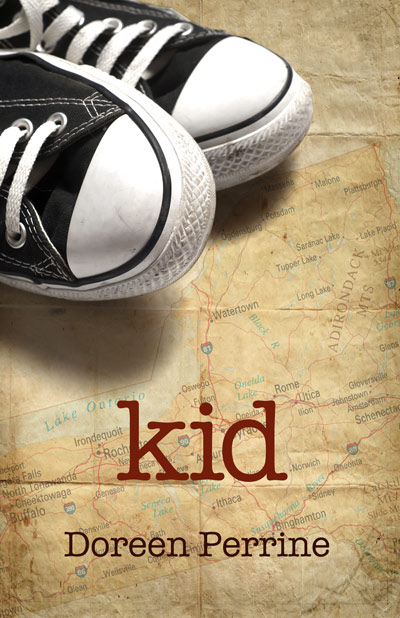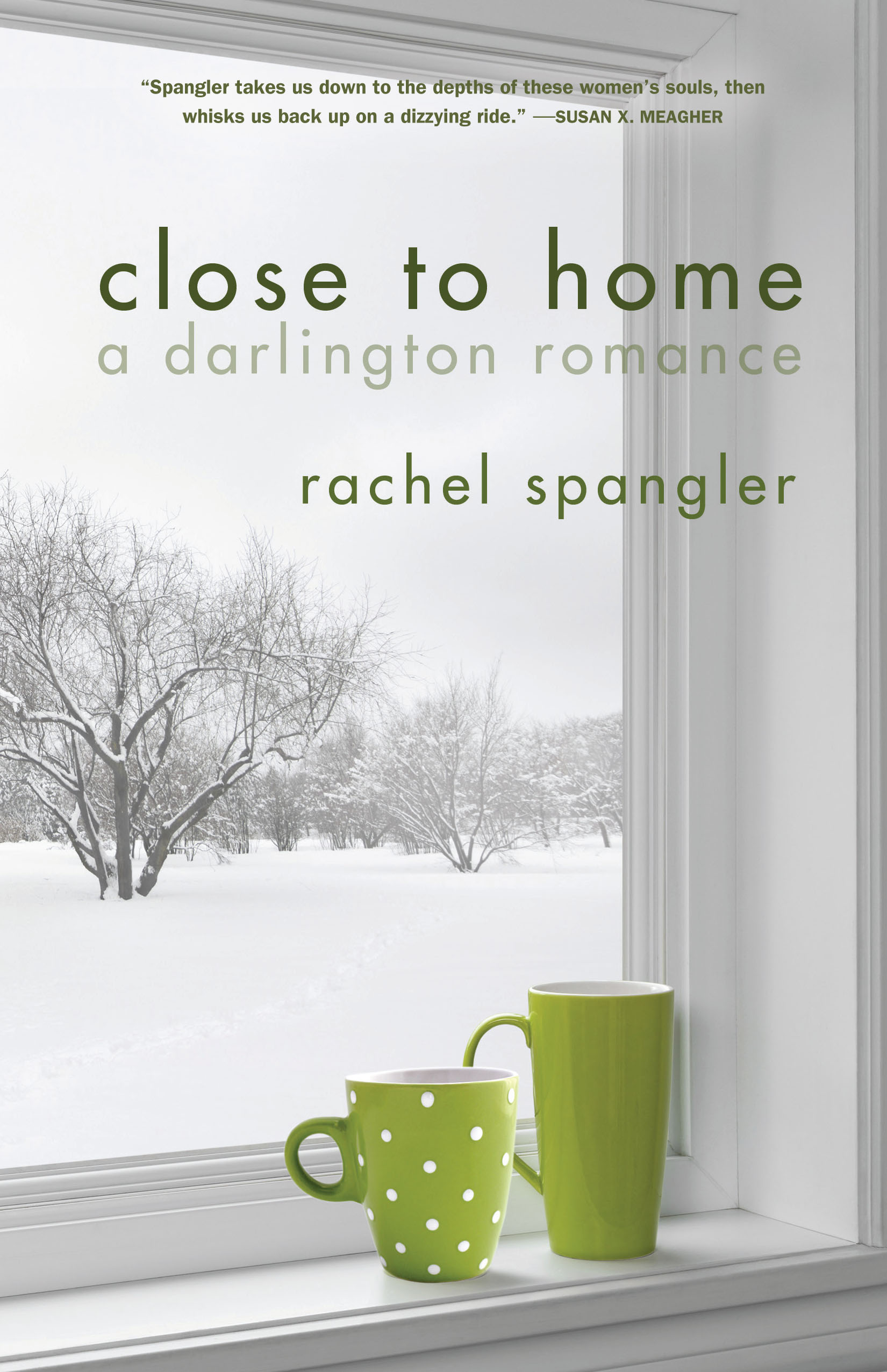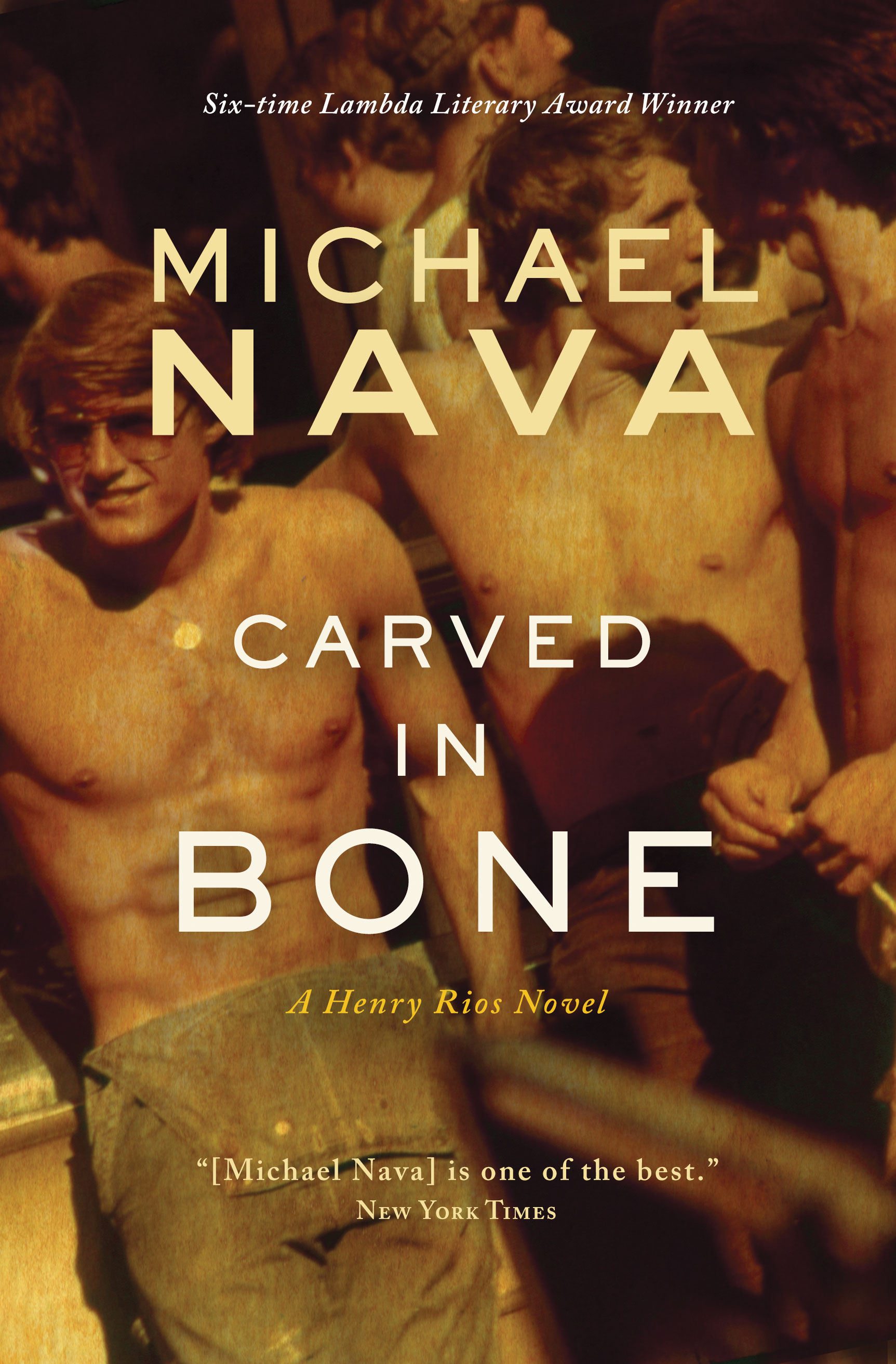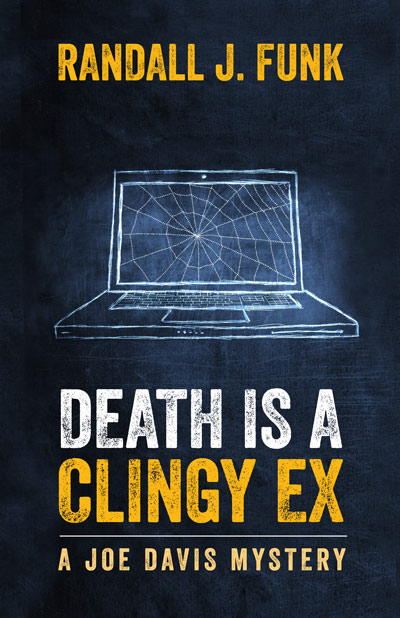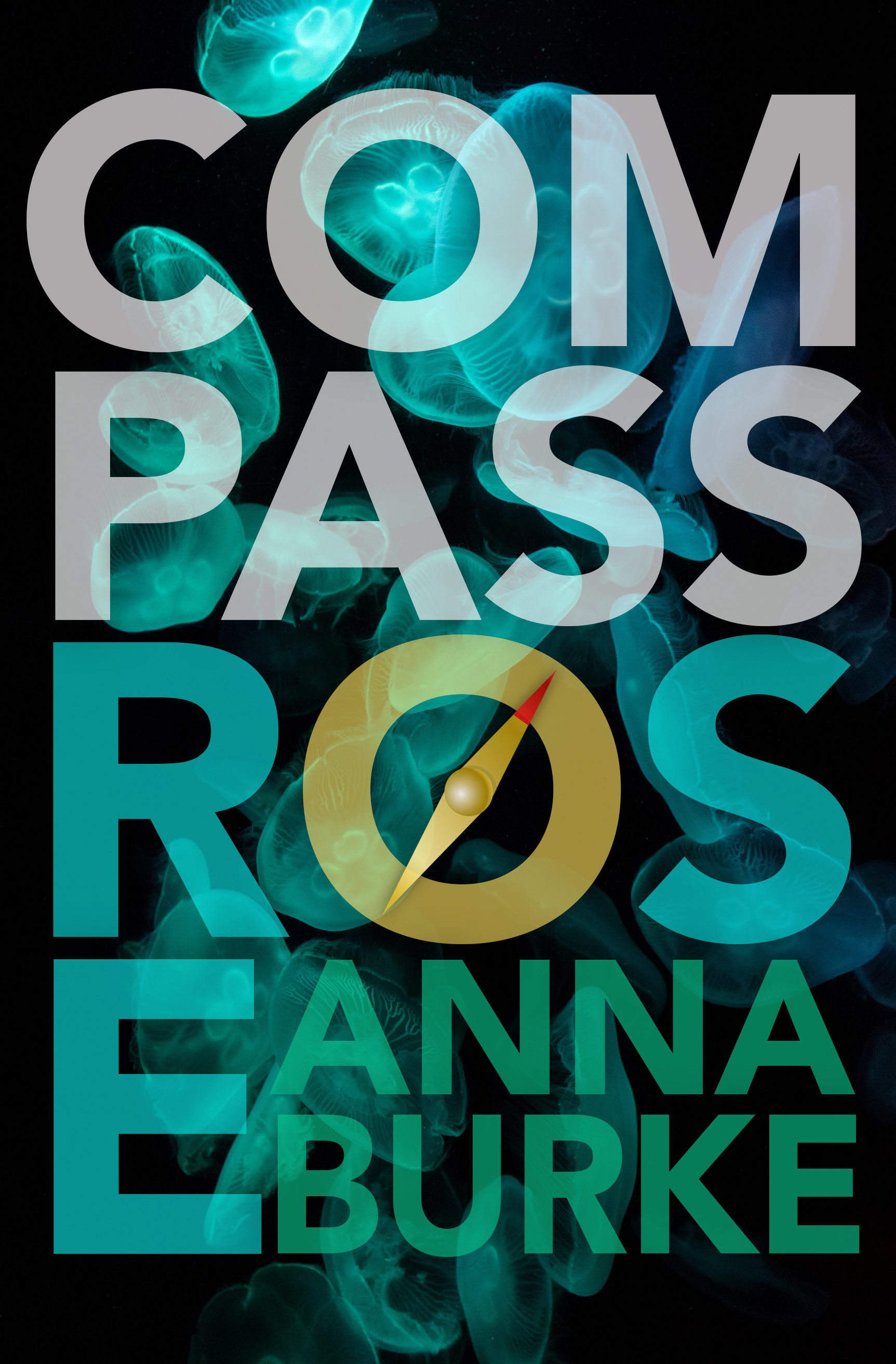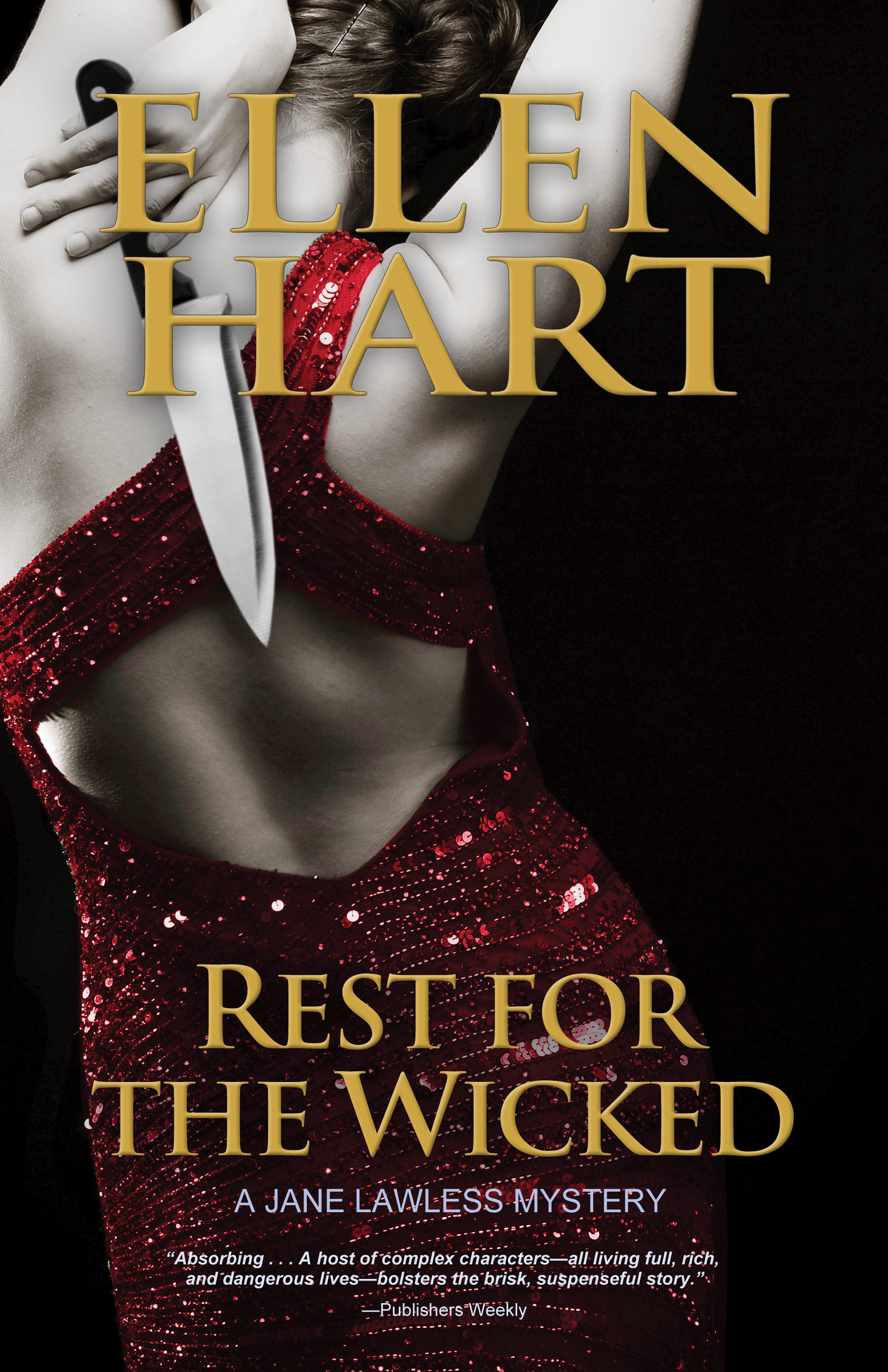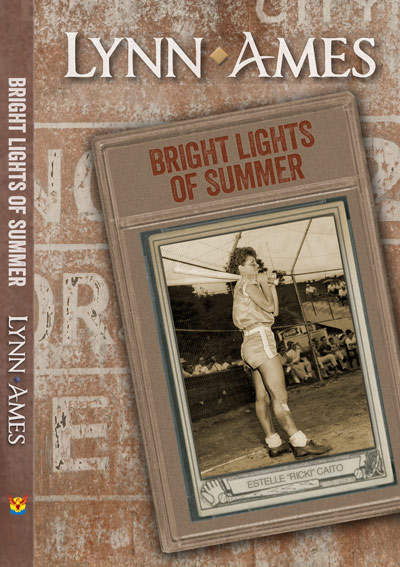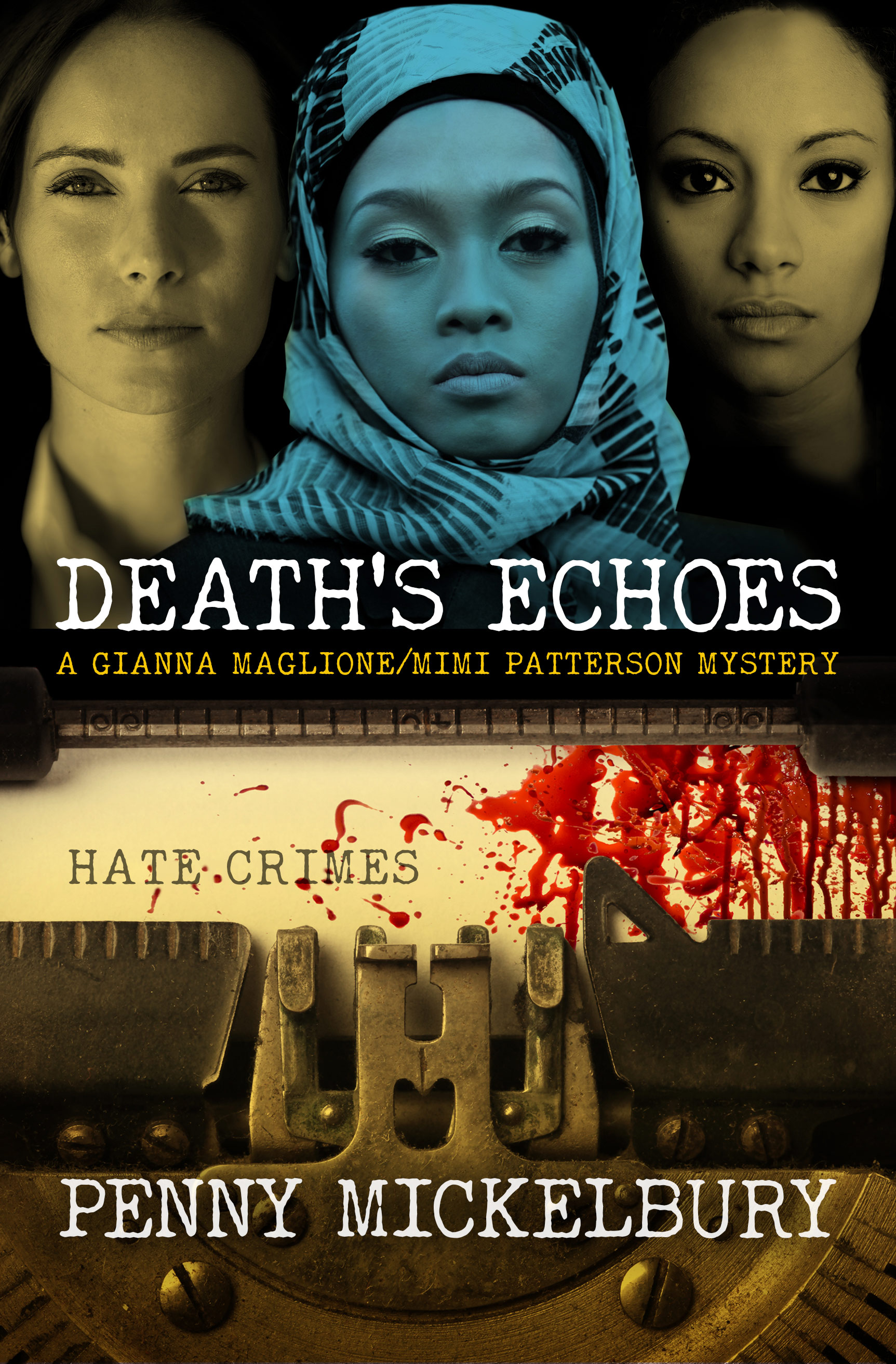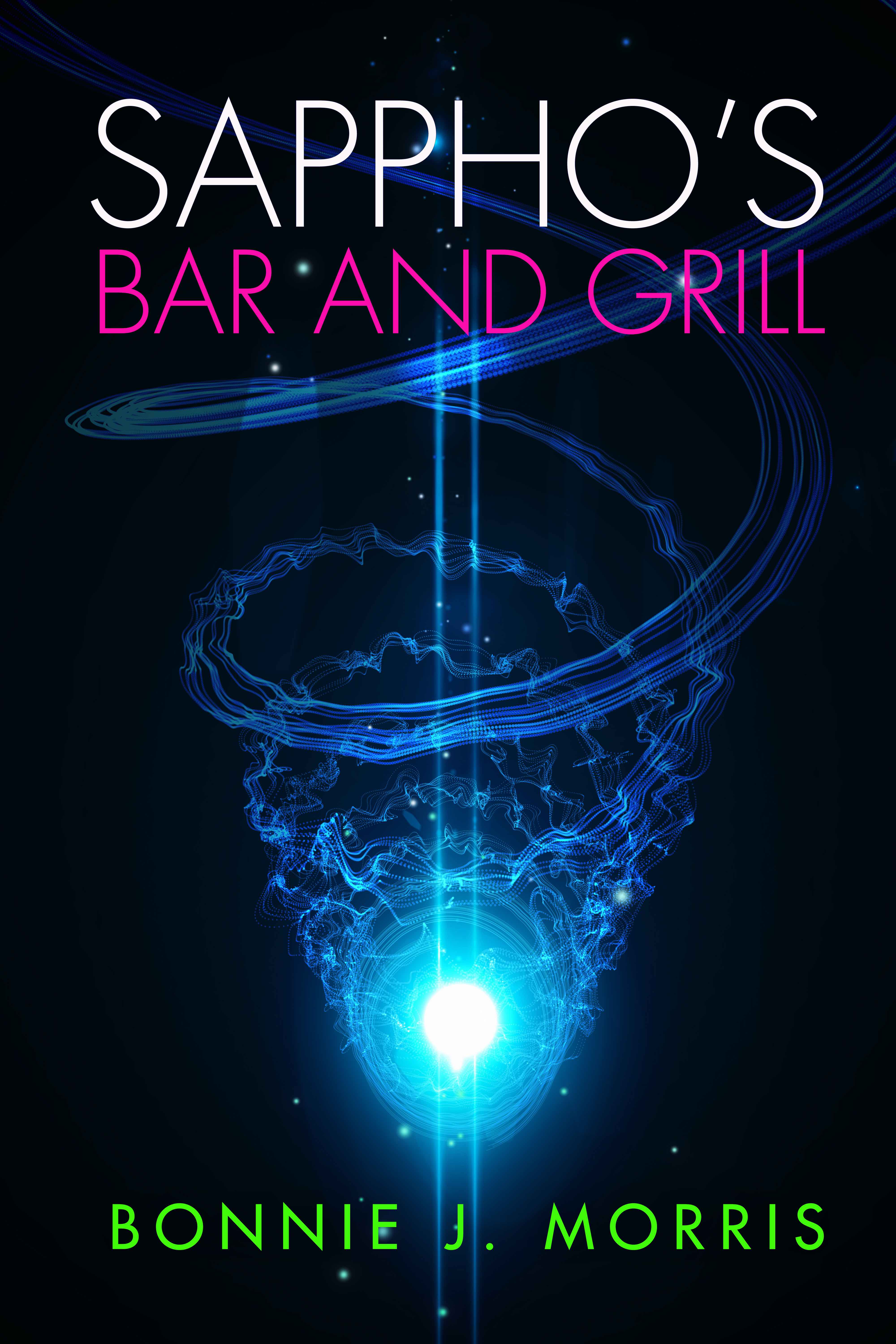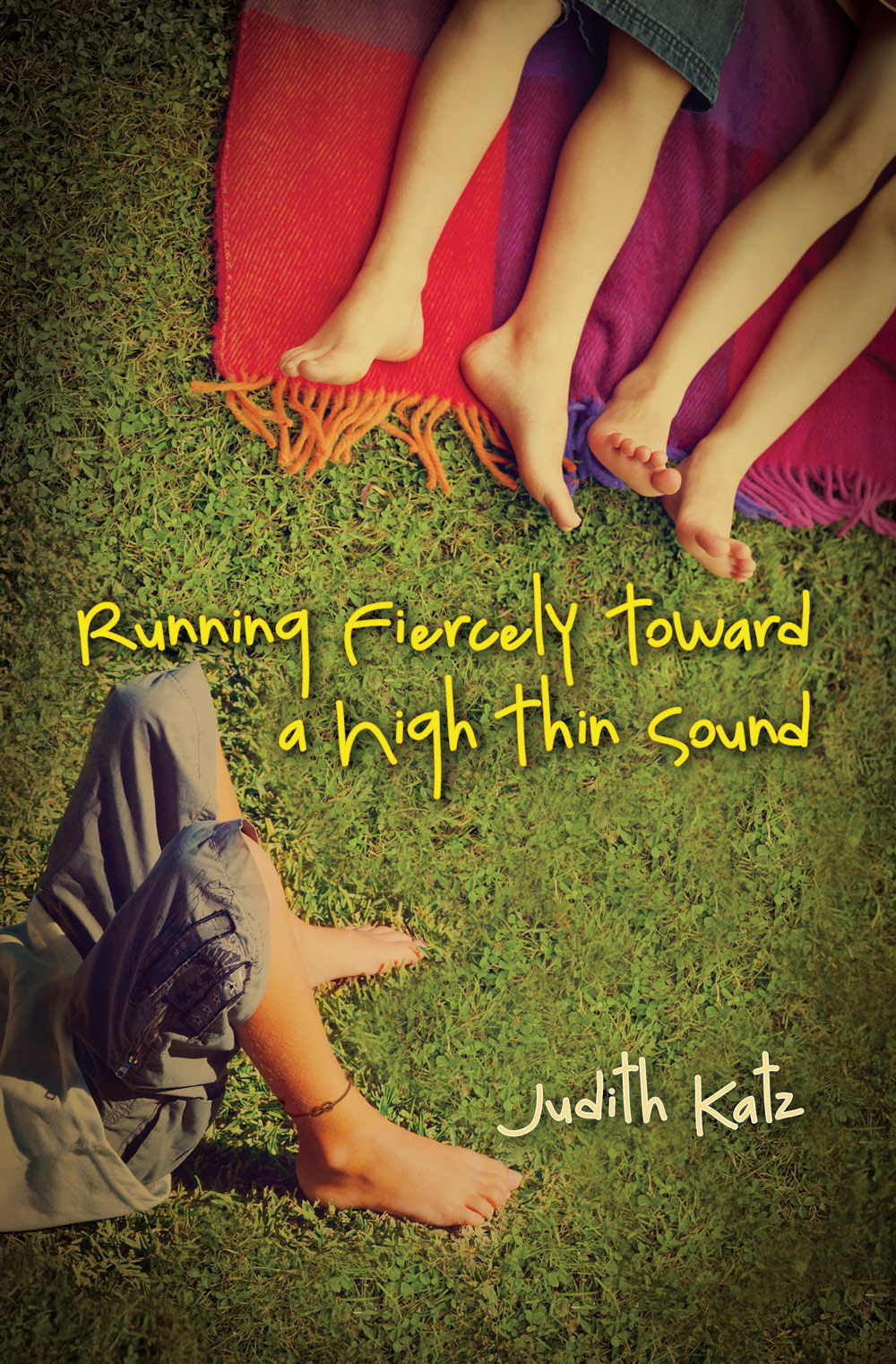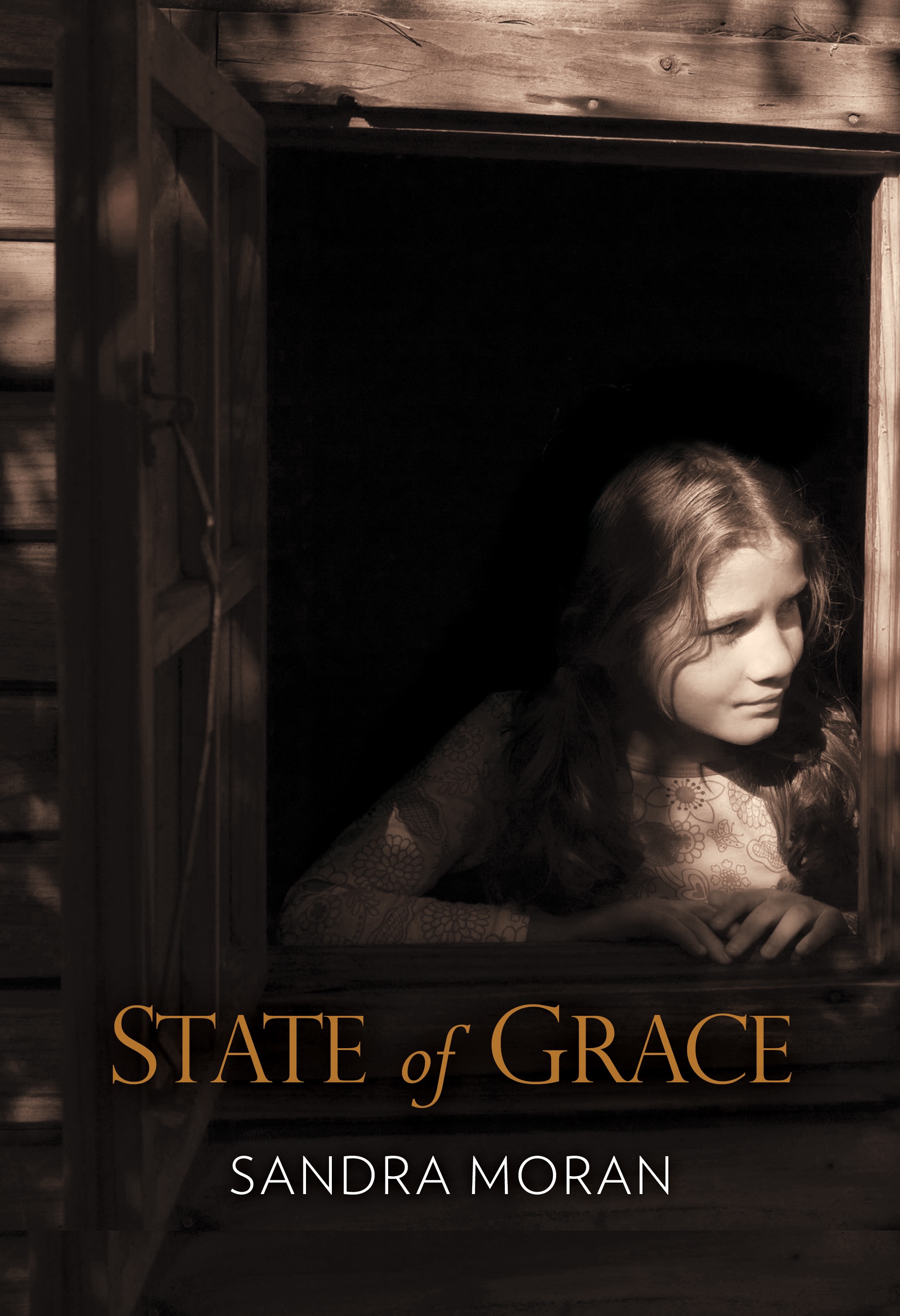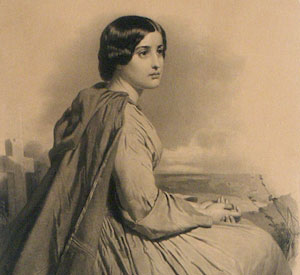
Evangeline for Beginners
Bearded with moss, and in garments green, indistinct in the twilight,
Stand like Druids of eld, with voices sad and prophetic,
Stand like harpers hoar, with beards that rest on their bosoms.
Hot. A page turner.
Longfellow’s long-suffering ingenue, Evangeline.

Longfellow’s long-suffering ingenue, Evangeline.
At least, it was in 1847 when Henry Wadsworth Longfellow wrote it. His epic tale of the expulsion of the Acadians from their settlement in Nova Scotia—and the ill-fated love story of Evangeline and Gabriel—was a runaway best seller. Evangeline’s angst-ridden trek across North America in pursuit of her lost love, who had been cruelly deported by the British, stretches across many years—and many more reams of paper.
In the looooooong story, Evangeline finally succumbs to her grief and disappointed hopes, and ends her days as a nun, tending the sick and dying in a Philadelphia almshouse. While caring for the victims of an epidemic, she finally finds her beloved Gabriel on his deathbed—and the two share a chaste kiss as he dies.
Not exactly Jersey Shore, but you get the general idea.
Of course, unlike Longfellow, not many of us choose to write in dactylic hexameter—although it does beg the question about how certain lesbian classics like, say, Curious Wine, might have fared had they been released in a similar format….
Still. In the first ten years after publication, Longfellow sold more than 36,000 copies of his epic saga.
Imagine if he’d had access to Kindles….
I remember well how I had to claw my way through this oft-cited “hallmark” of American literature in my eighth-grade English class. And may I just say today what I would never have deigned to say to my dear, blue-haired, octogenarian teacher Mrs. Smith?
“Ewwwww. Are you KIDDING me? This thing blows CHUNKS. Somebody just needs to smack this bitch and tell her to get over it, already.”

Wait for the movie? Dolores Del Rio’s starred in Hollywood’s rendition of the navel gazing epic.
Wait for the movie? Dolores Del Rio’s starred in Hollywood’s rendition of the navel gazing epic.
But, strangely, things do seem to cycle around again. Because yesterday, I found myself explaining the plot of Evangeline to a classroom full of sharp and fresh-faced, first-year students in a Davidson College English course. They were asking me questions about my novel, Dust—one of the reads assigned by their professor, Shanté Paradigm Smalls—and one student asked me about why I chose the name “Evan” for the protagonist of the book.
Why, indeed? Evan Reed’s full name is, of course, Evangeline. And, predictably, she hates it. She hates it because it harkens back to the over-blown, over-romanticized, over-written, over-everythinged epic heroine who is her penultimate, polar opposite. And she hates it, too, because the mother who deserted her as a teenager thought it might be amusing to curse a kid growing up in Southwest Philly with a name like that.
Of course, today’s college students are savvier, hipper, and seemingly less angst ridden.
And they never had to read Evangeline.
But for a solid hour and ten minutes they peppered me with sharp and insightful questions about my book.
“Why did you make Margo bisexual?”
“Why was it important for Evan to have a daughter?”
“How could a lesbian’s best friend be a Roman Catholic priest?”
“Do you think you surrendered to a stereotype of the genre (and the culture) by having Evan and Julia fall in love so quickly?”
“Why was Evan’s character so burdened with conflict and self-doubt?”
I got asked different versions of that last question multiple times. And no matter how I tried to explain it—explain how it could be possible for someone to be so overtly self-confident, brash, and in control, but at the same time, be consumed with pessimism and self-doubt—my answers never seemed to resonate.
They just didn’t get it.
After a while I began to understand that they didn’t get it because: a) their life experiences (to date) had just not prepared them for a paradigm like that, or b) they were simply a hell of a lot healthier and more well adjusted than me. I mean…than Evan.
Well. You know what I mean.
This was a group of diverse, multicultural students, male and female, from all walks of life and many corners of the globe. One student even confessed to me that Dust was the very first English language book he’d ever read in its entirety. As a fledgling author, that’s one honor and distinction I never thought I’d have.
And it also made me feel vindicated for the pains I took NOT to overwrite it—F-bombs, notwithstanding.
I’d be remiss if I didn’t mention the gratification I felt that NOT ONCE, did any of the young people who read this book so thoughtfully and so carefully, ask WHY there weren’t more (any?) graphic sex scenes.
The biggest, personal thrill for me, though, came from the final question of the interview:
“When is the next book going to be out?”
I think my work here might just be through….
P.S. If any of you get bored waiting for me to get the next book out, here’s a link to Evangeline. http://www.fullbooks.com/Evangeline-A-Tale-of-Acadie.html
Salem West is the Publisher of Bywater Books and a member of the Lambda Literary Board of Trustees. She lives in Winston-Salem, NC with her wife, the author Ann McMan, their two dogs, two cats, and an exhaustive supply of vacuum cleaner bags.







